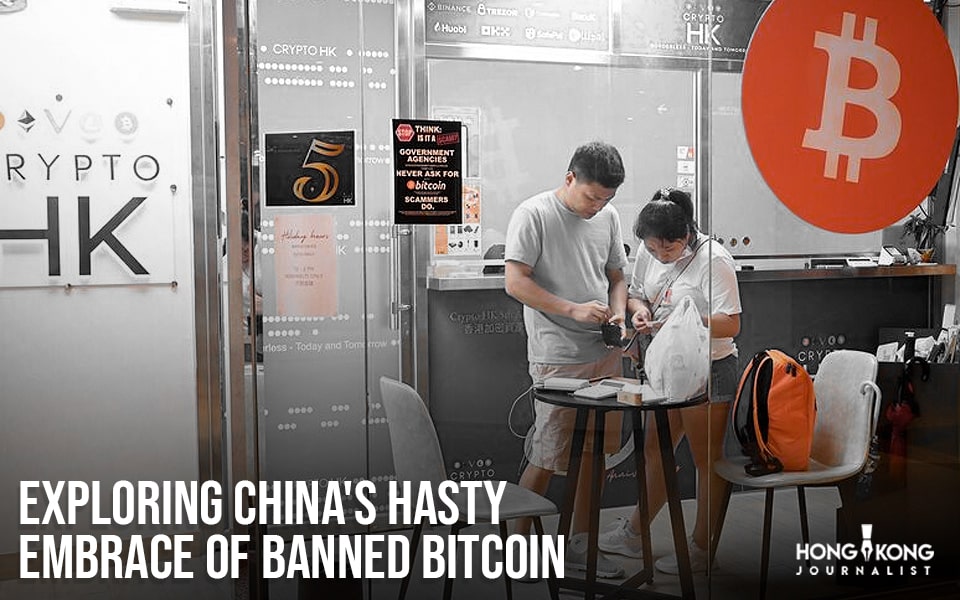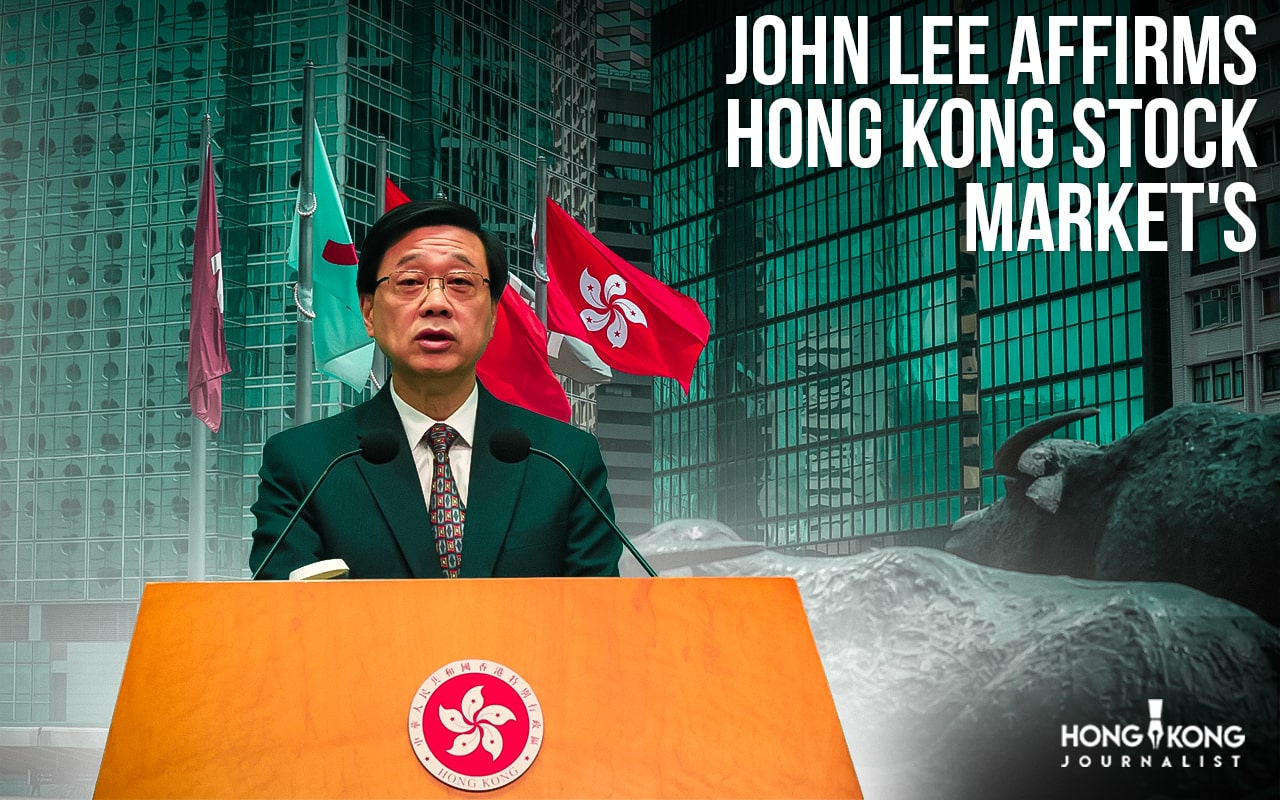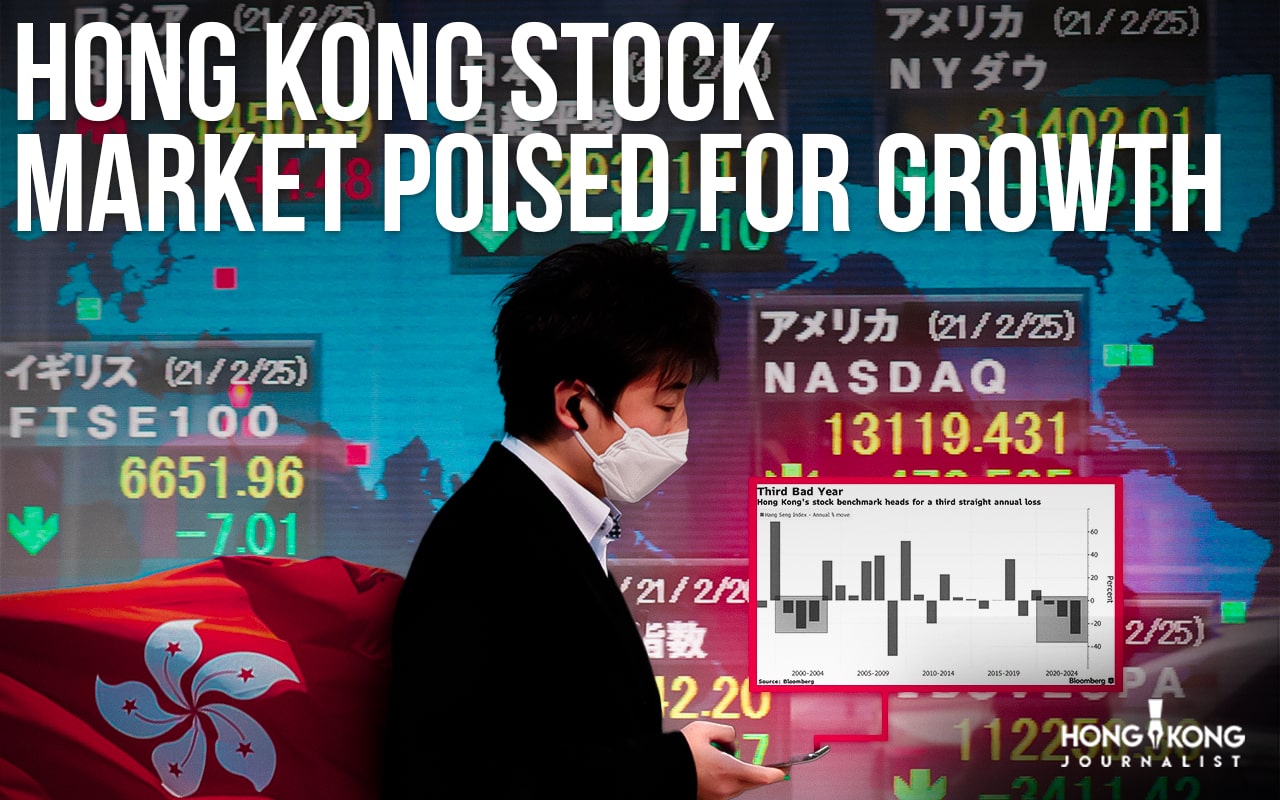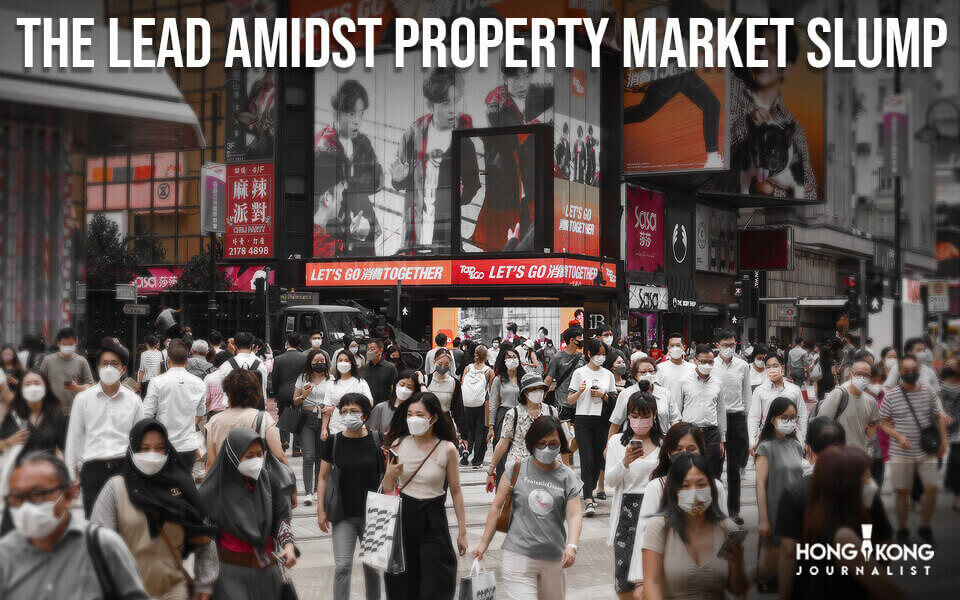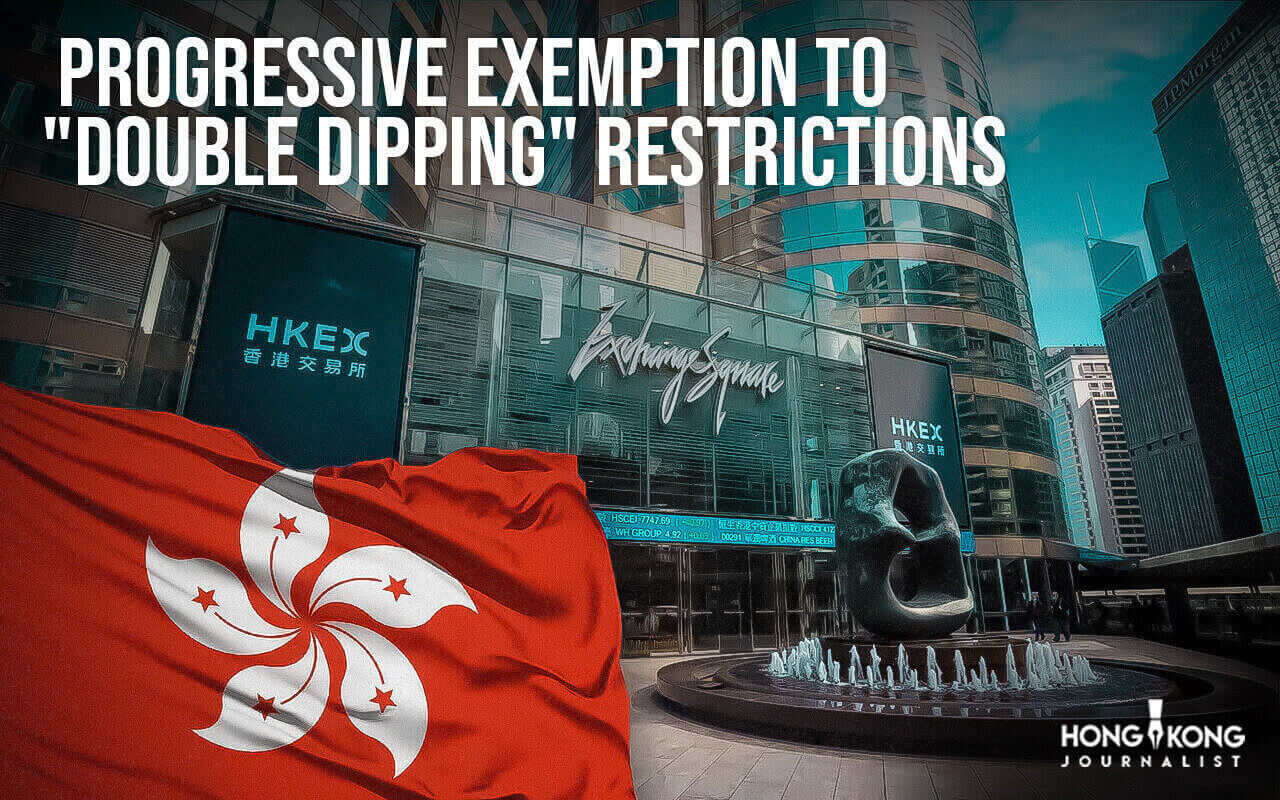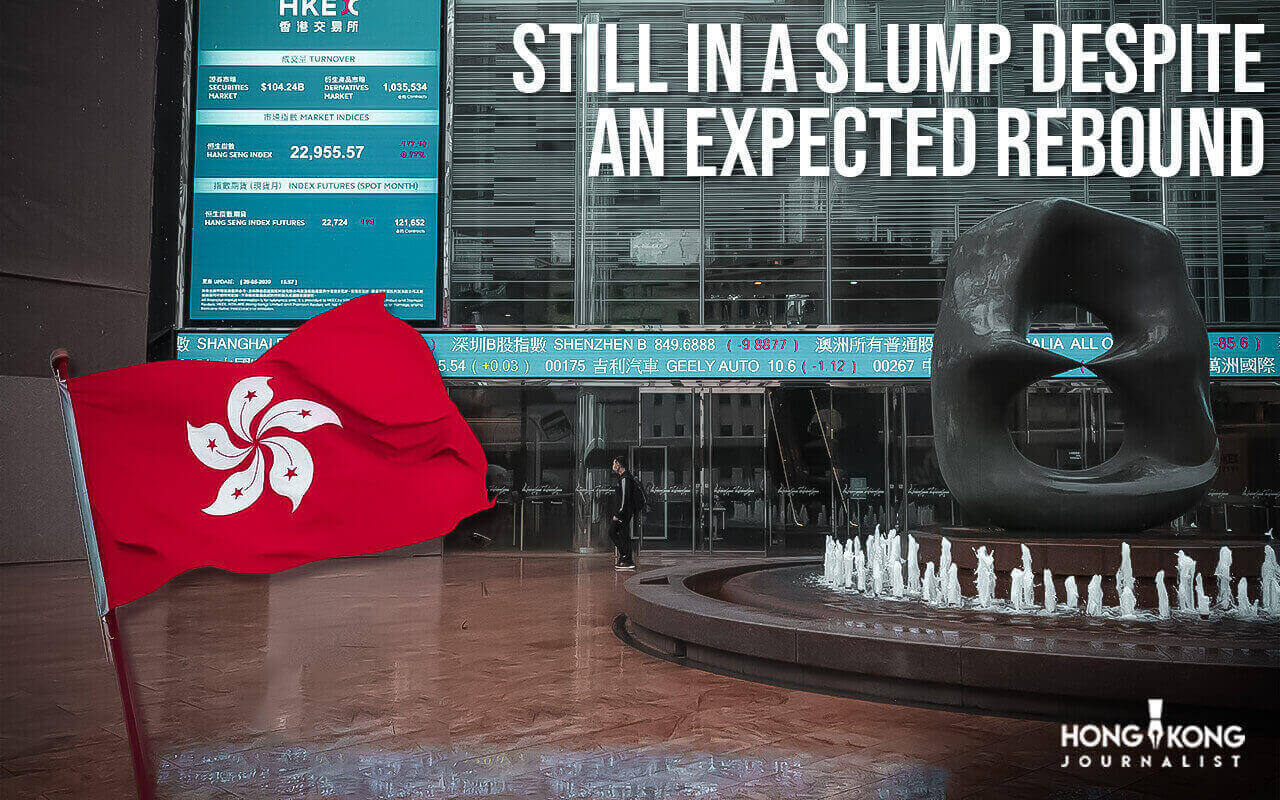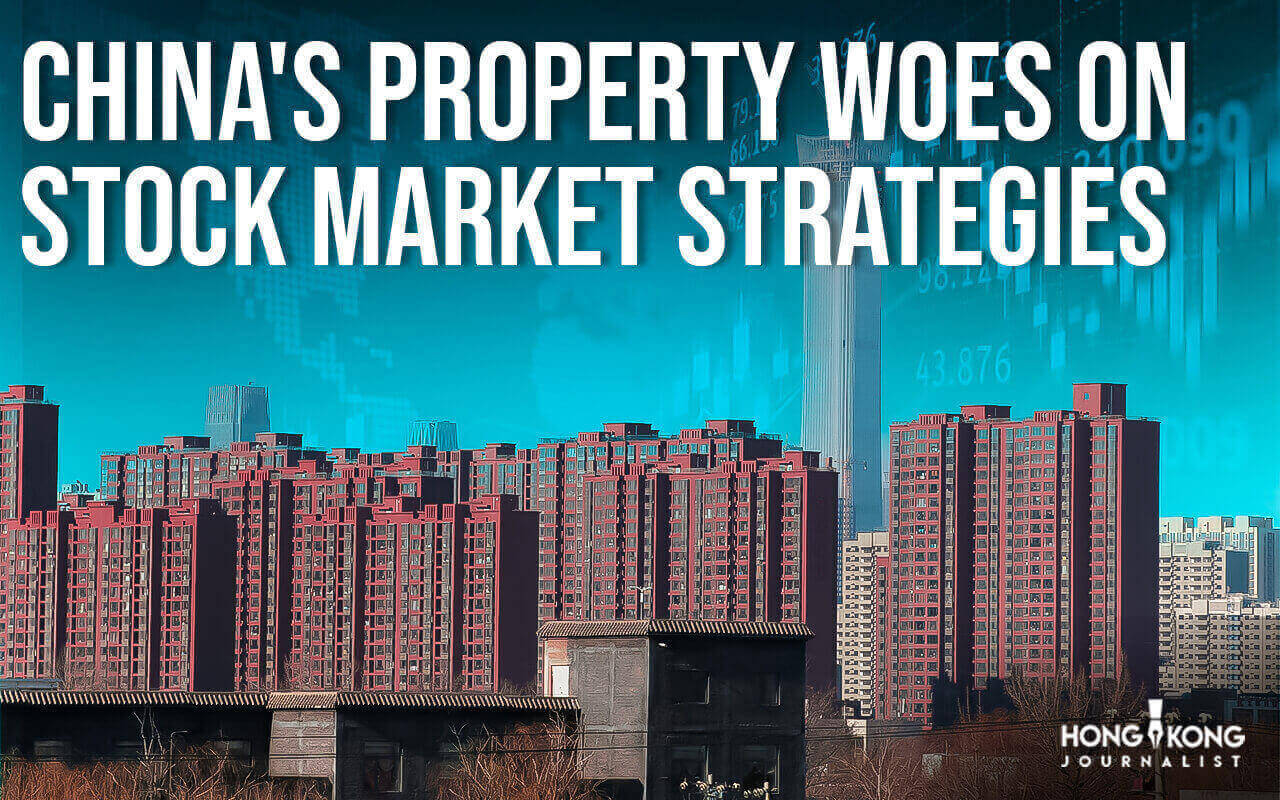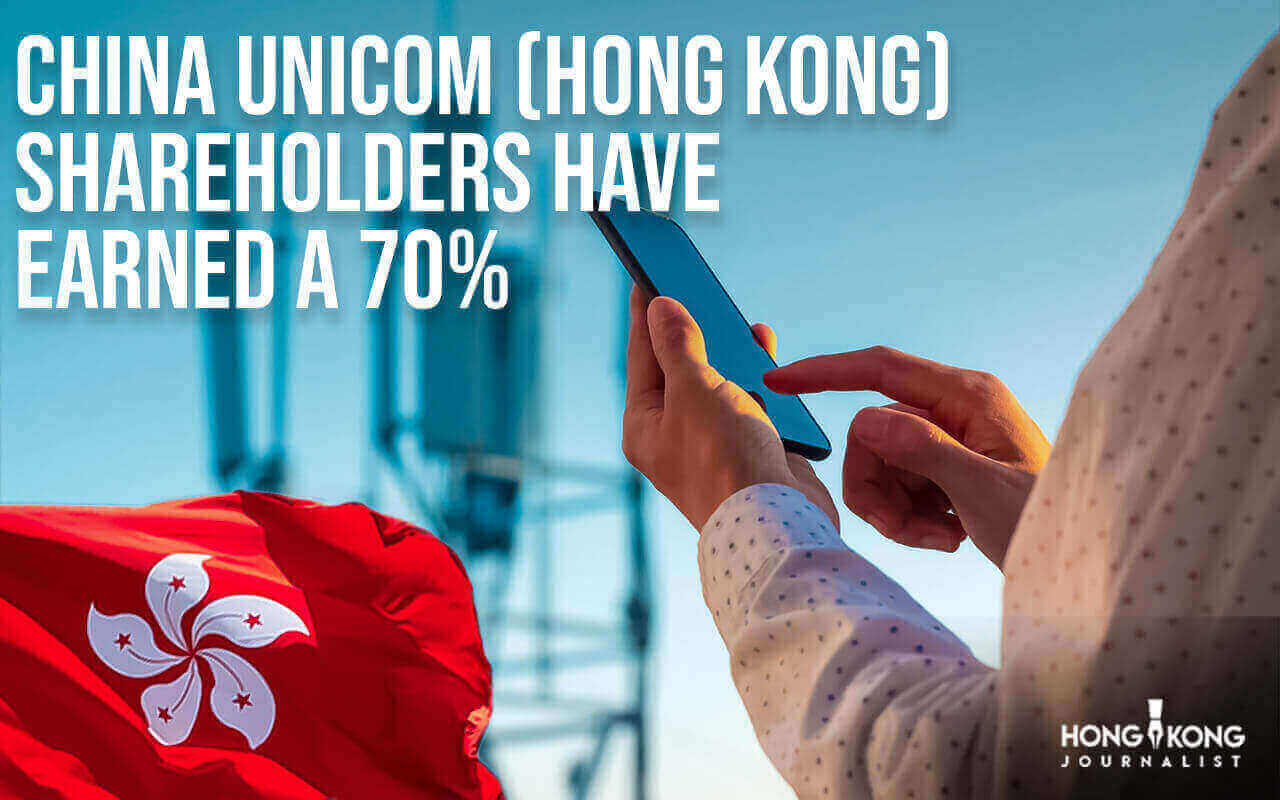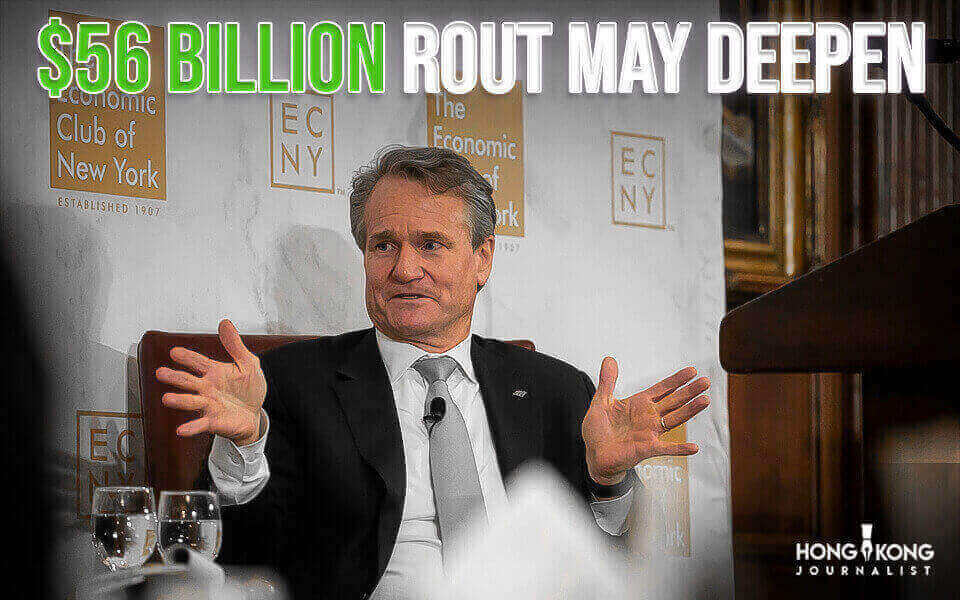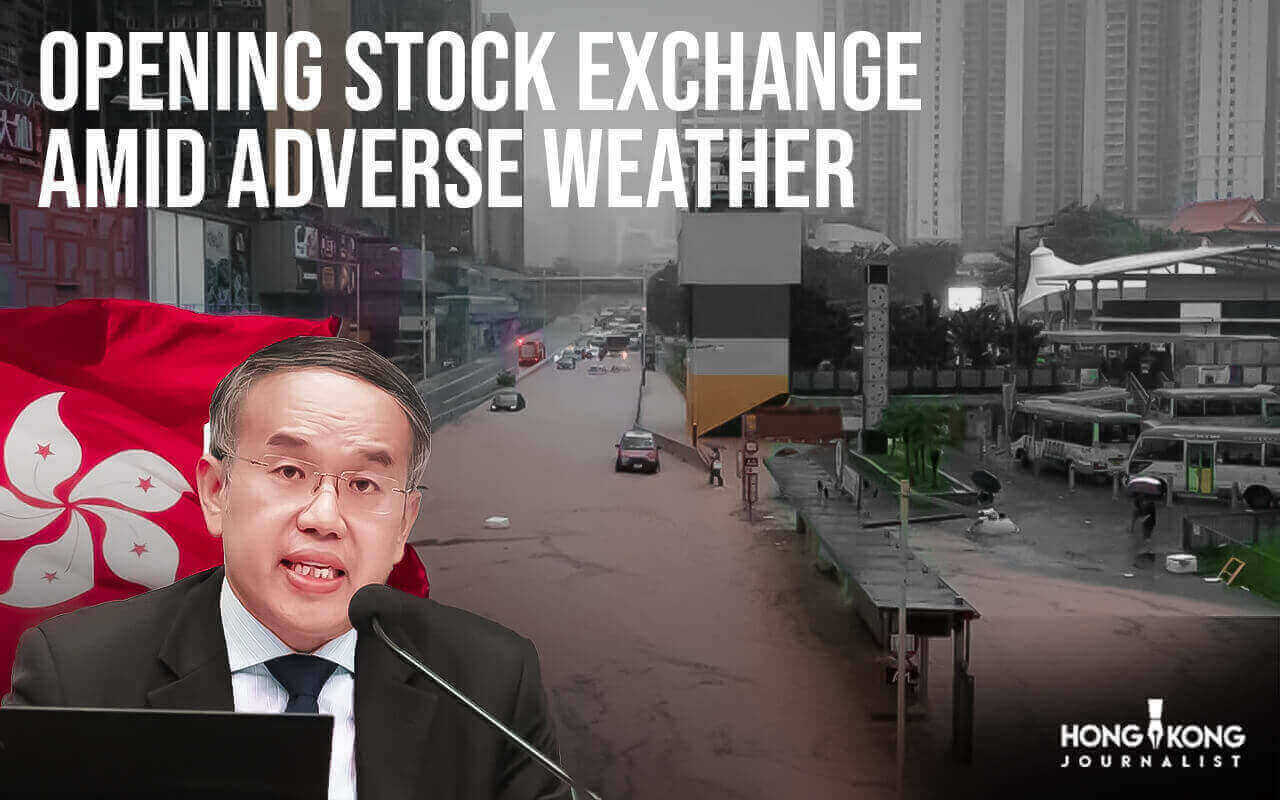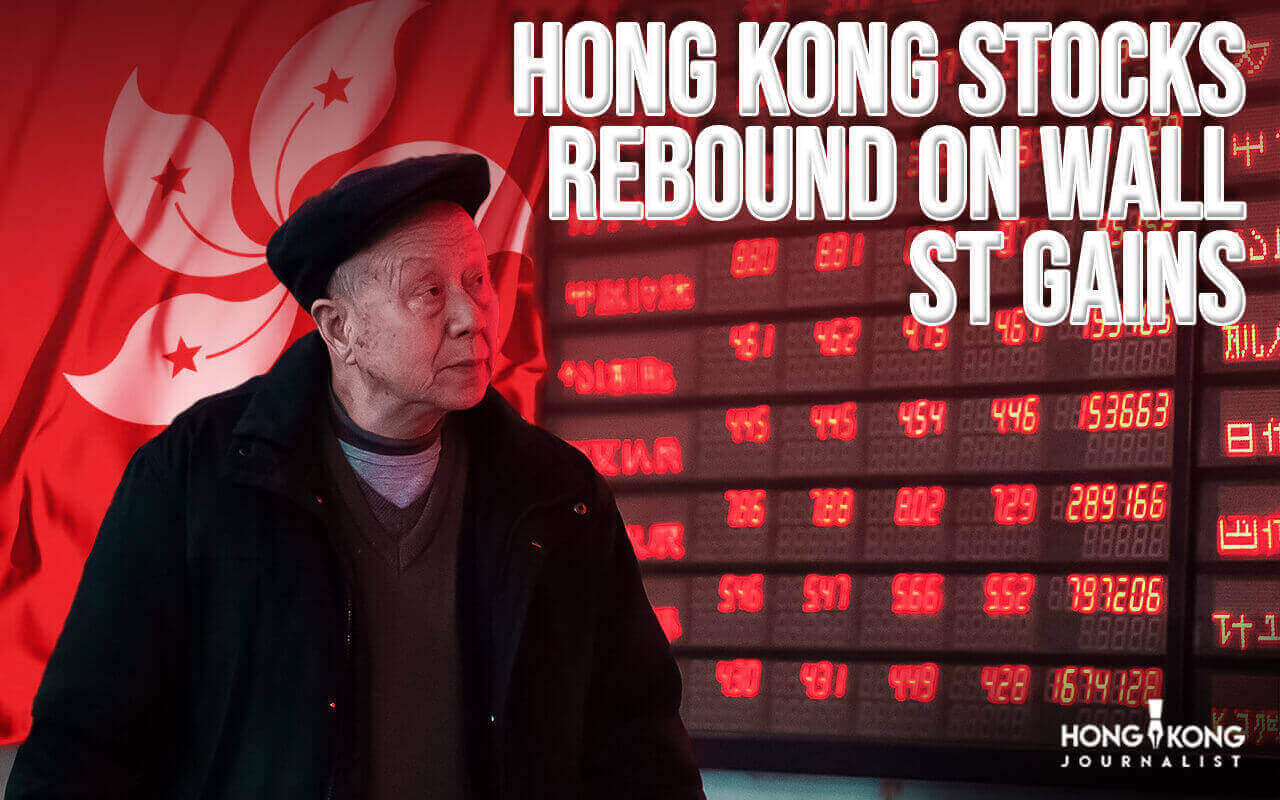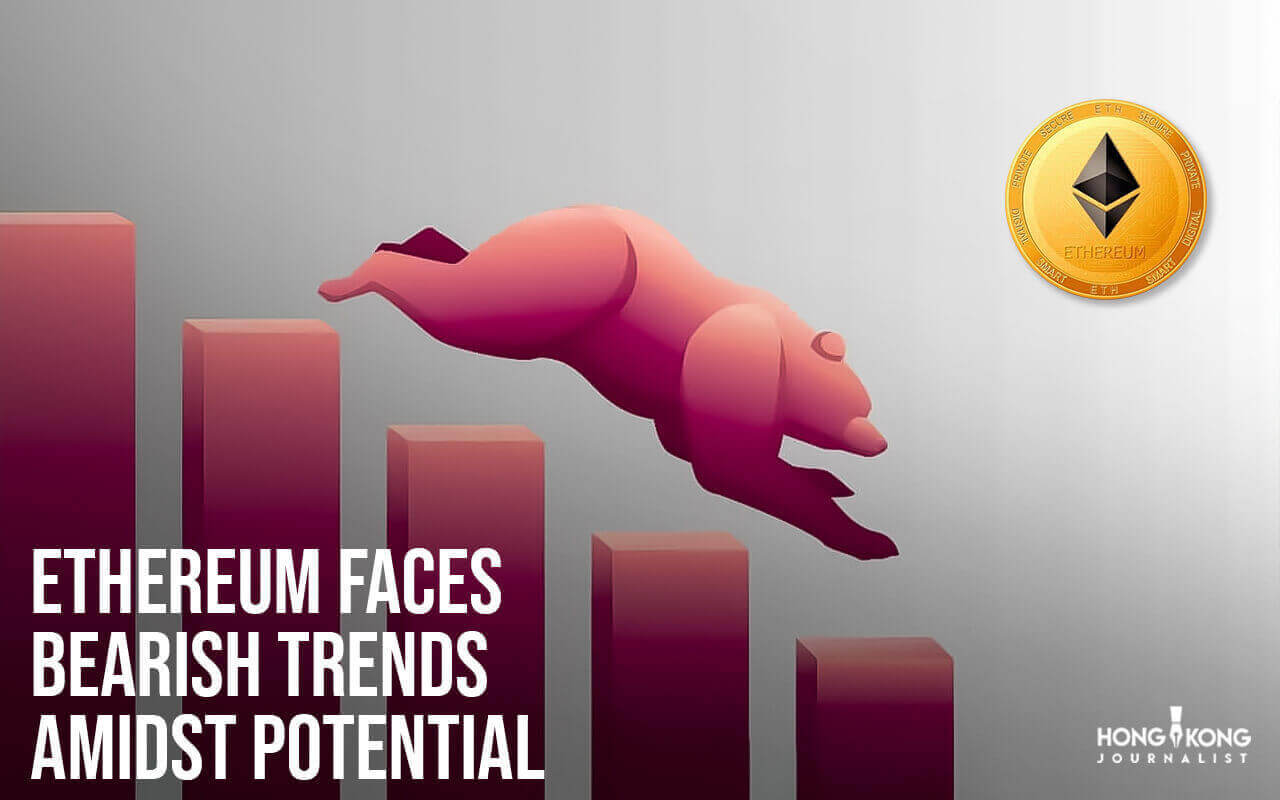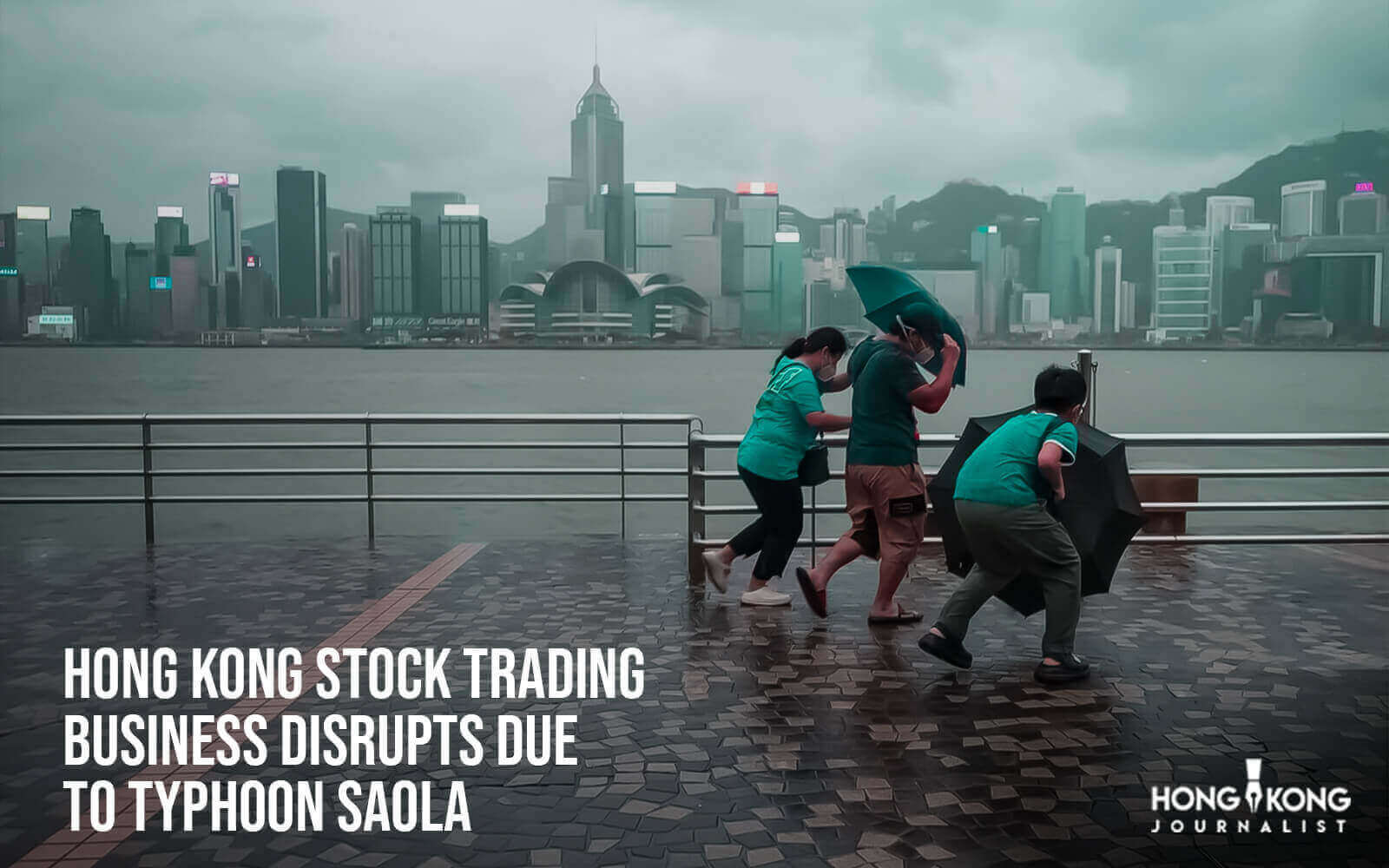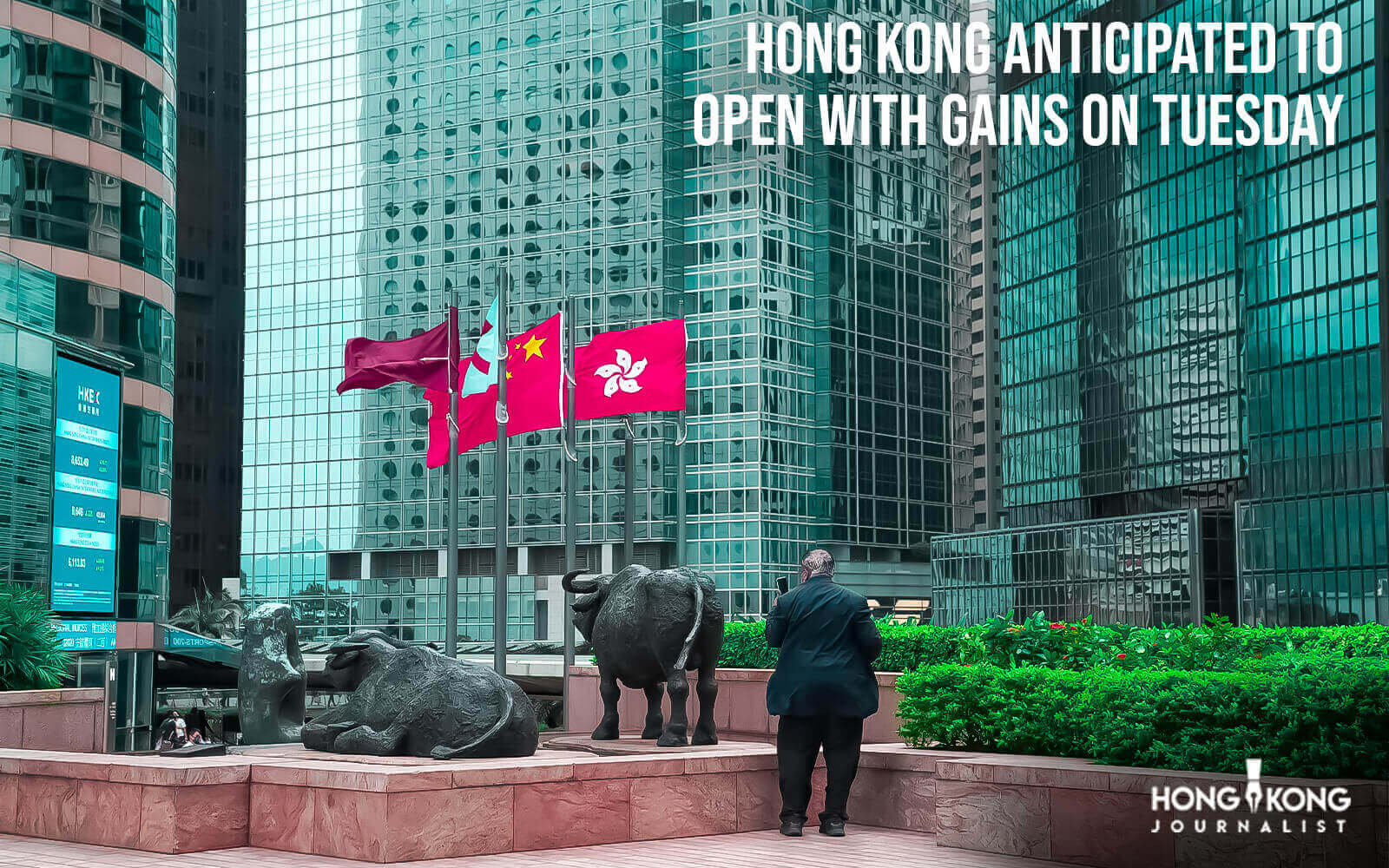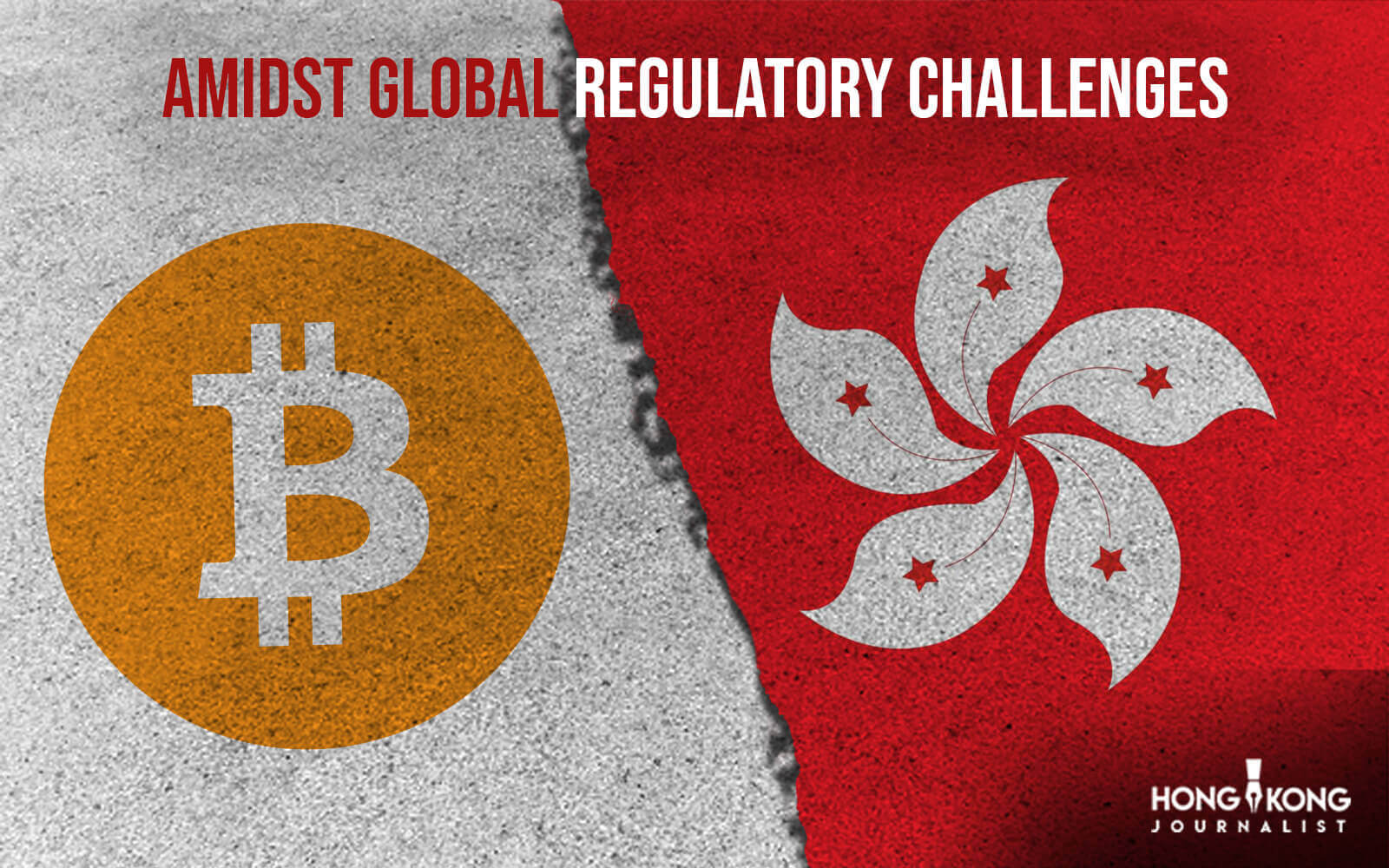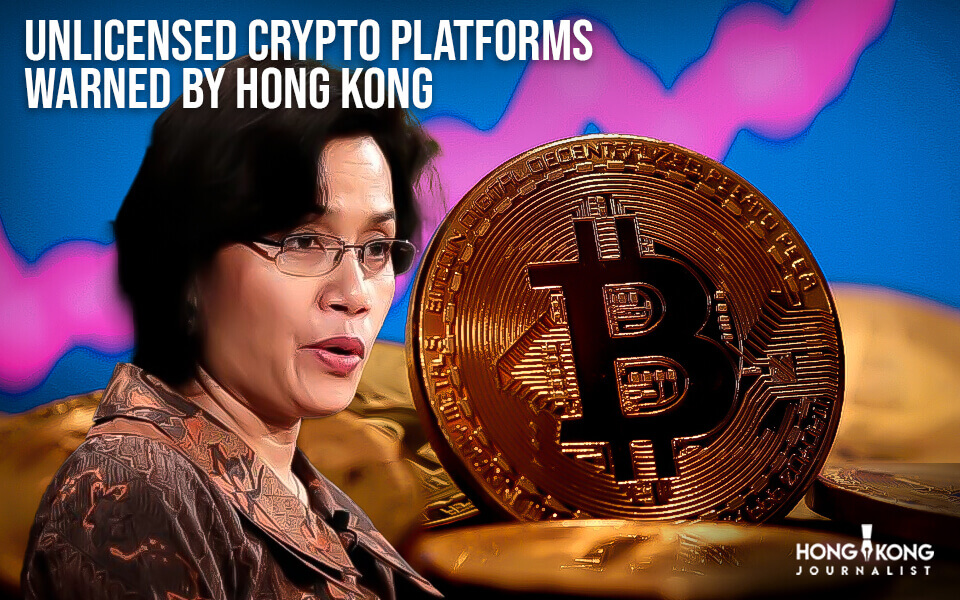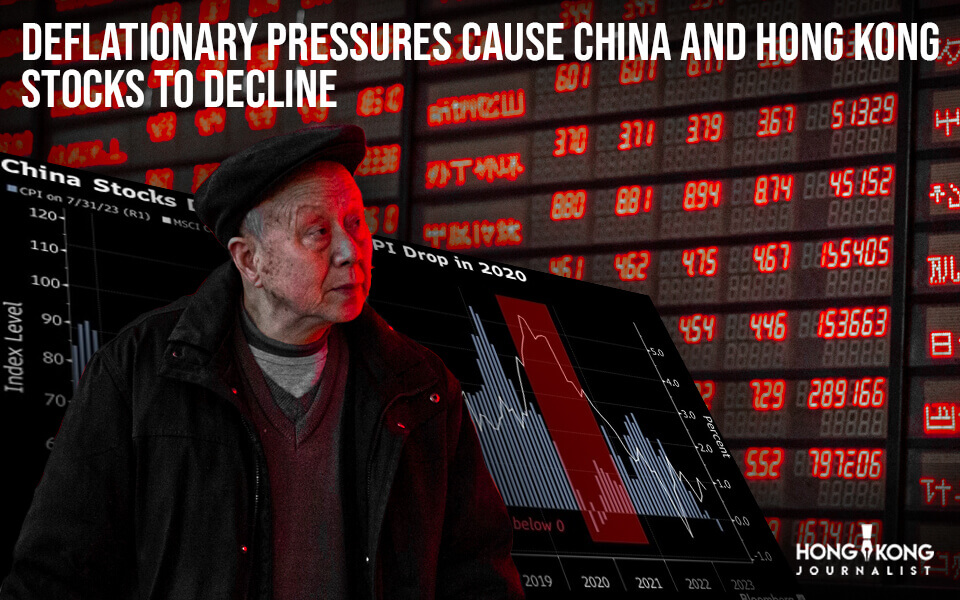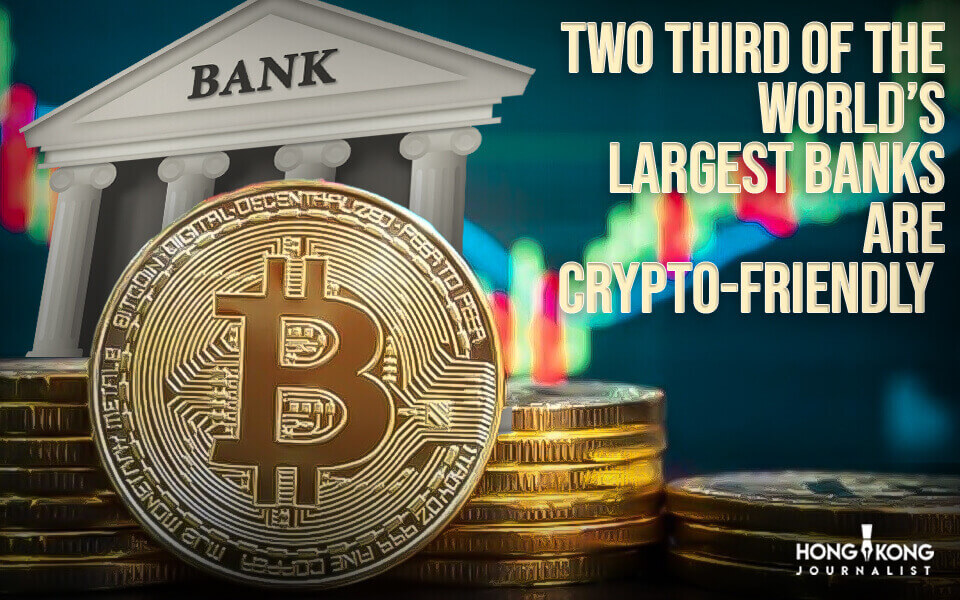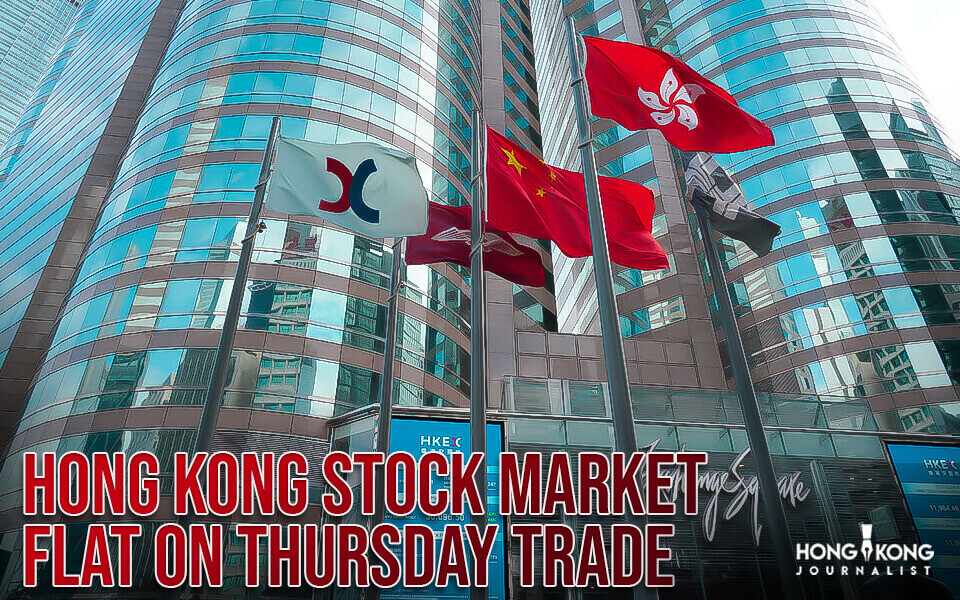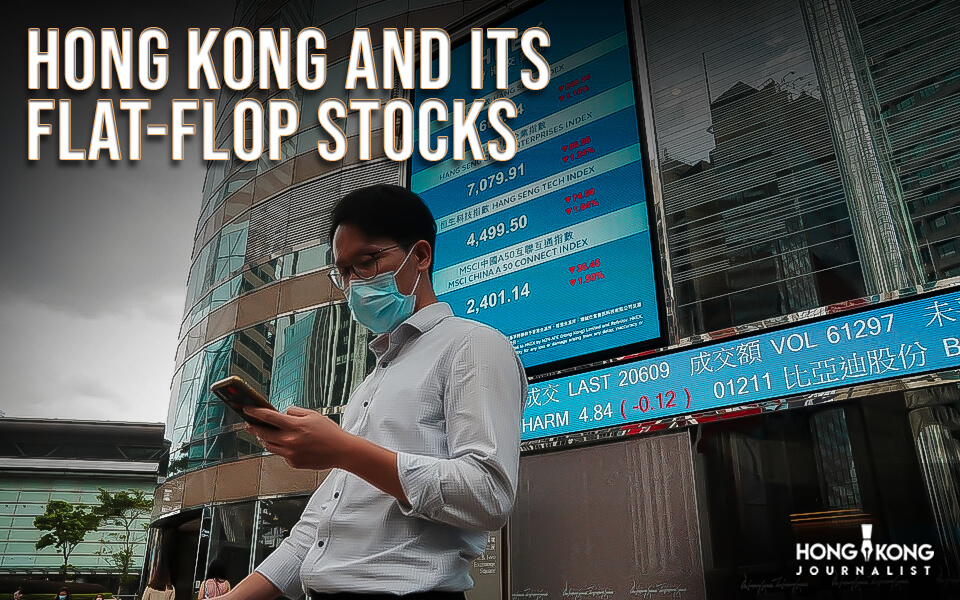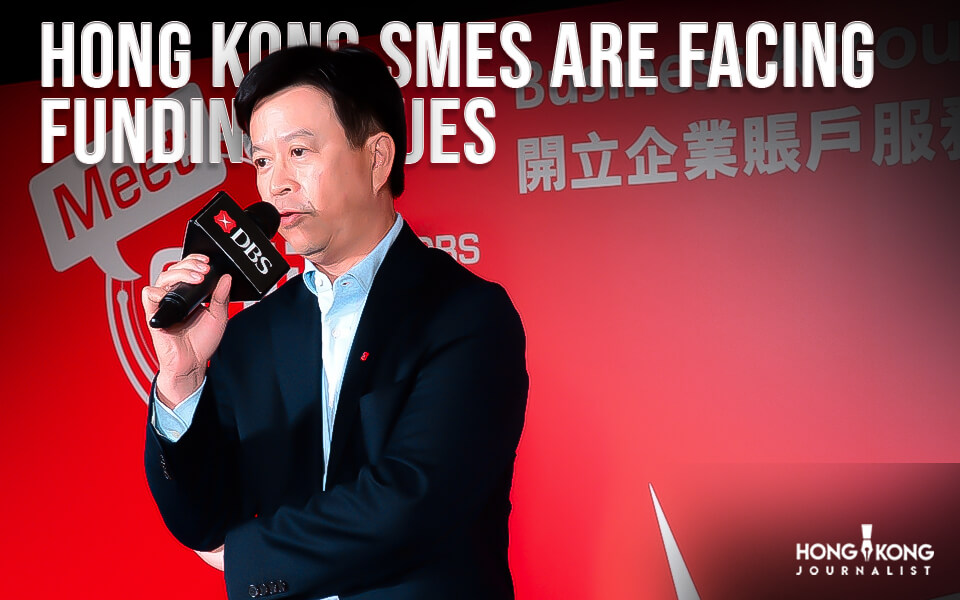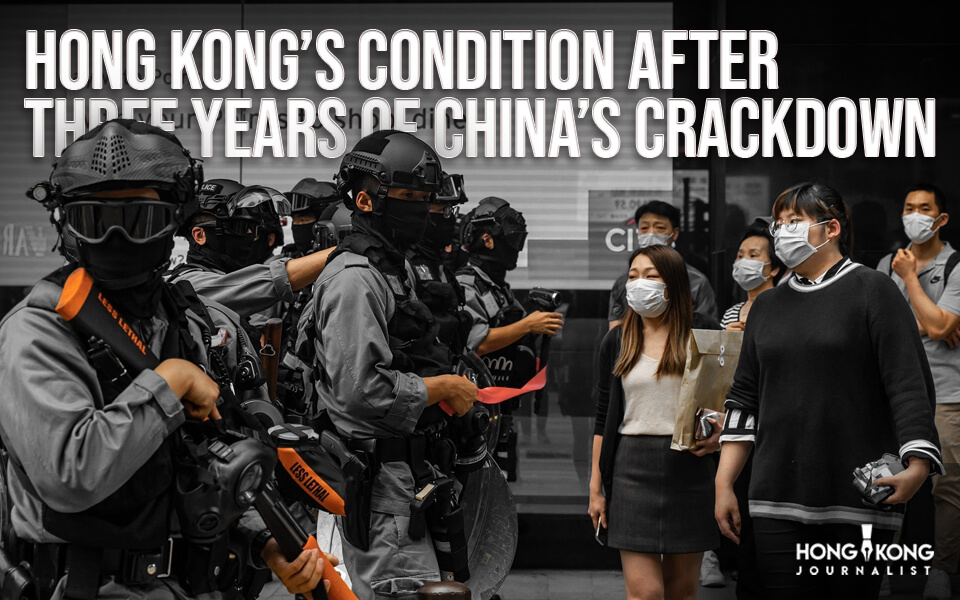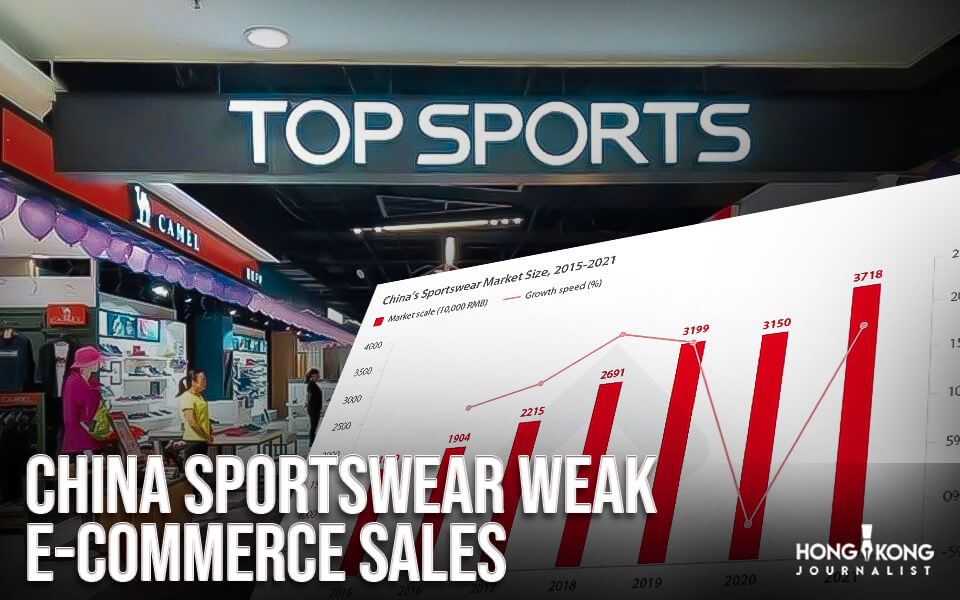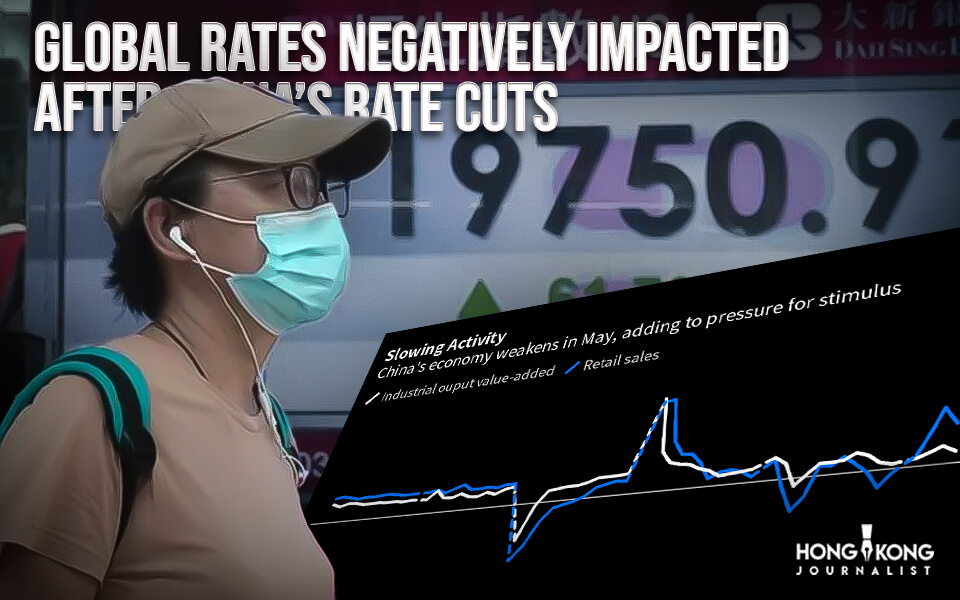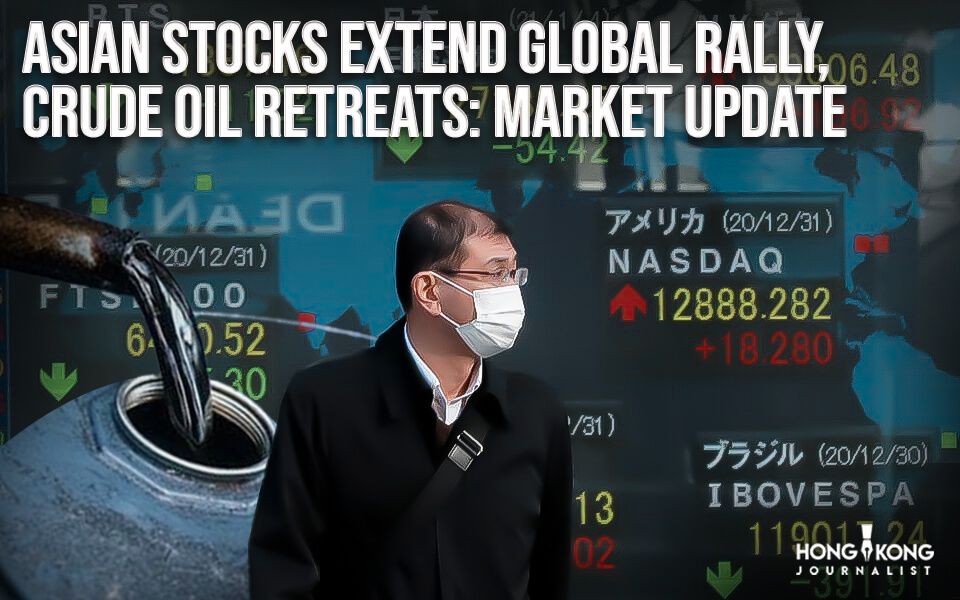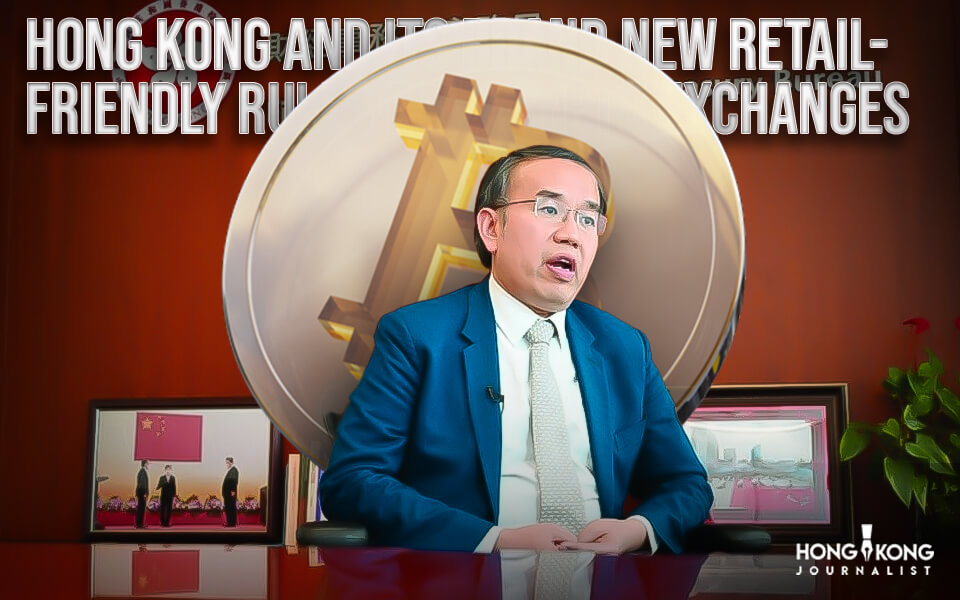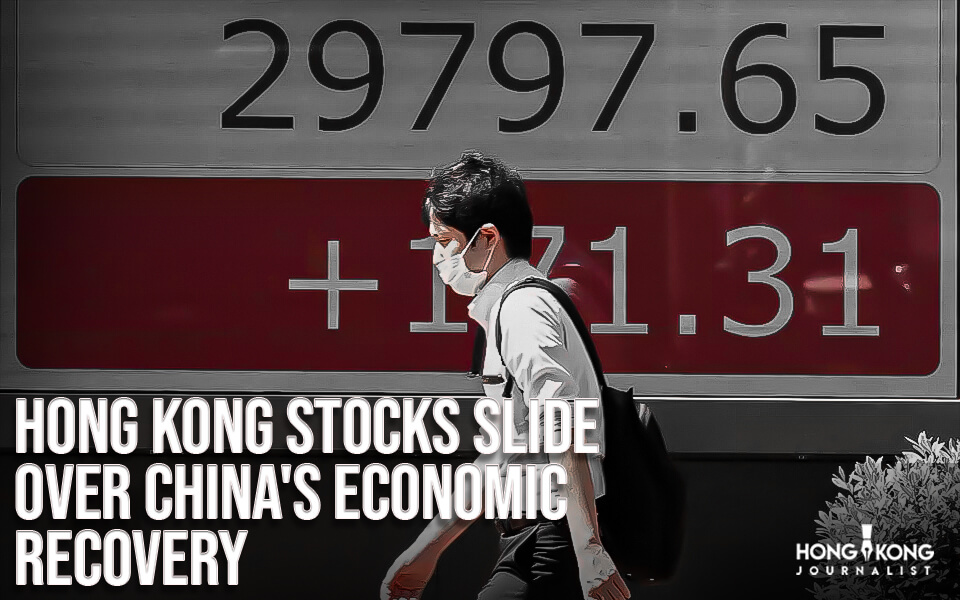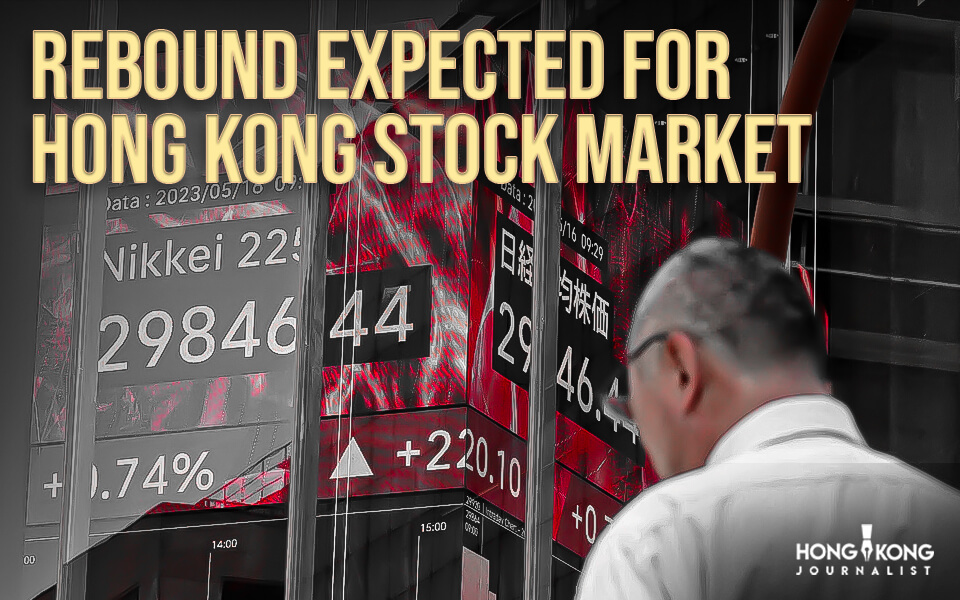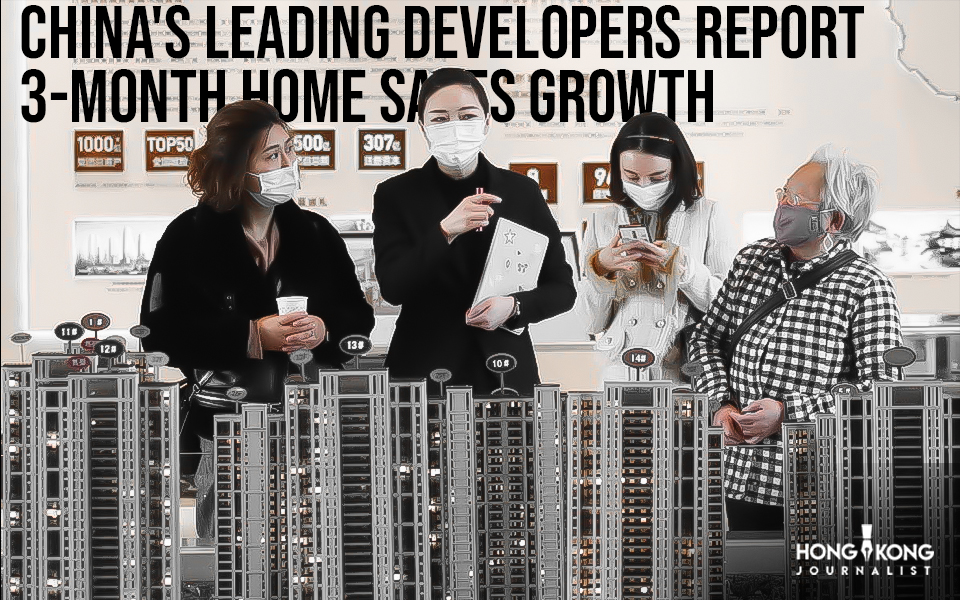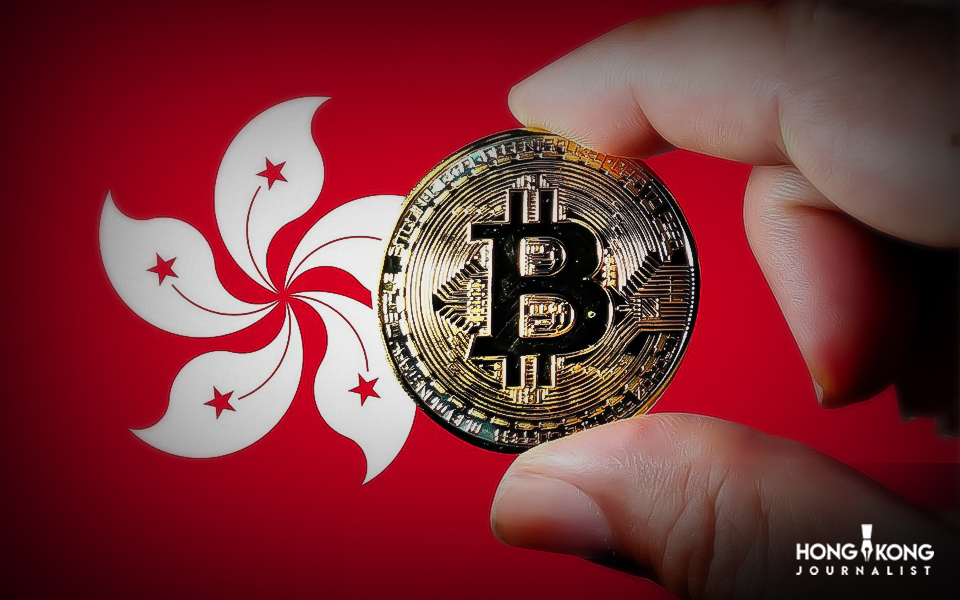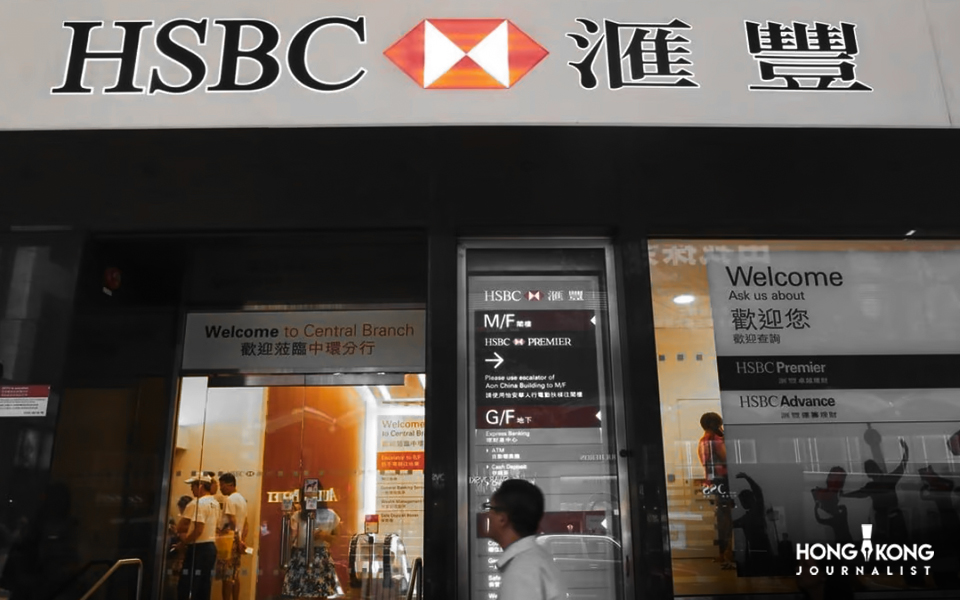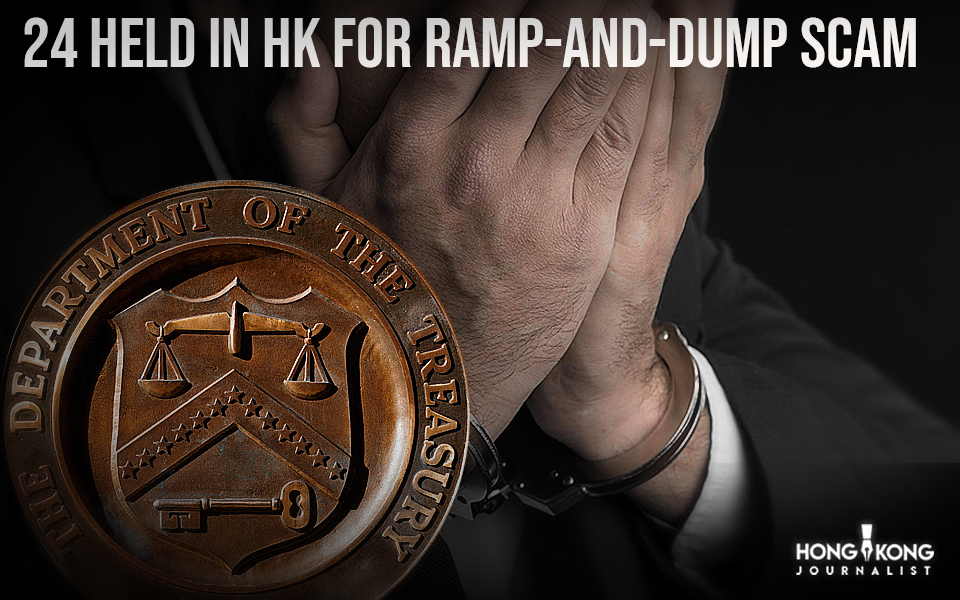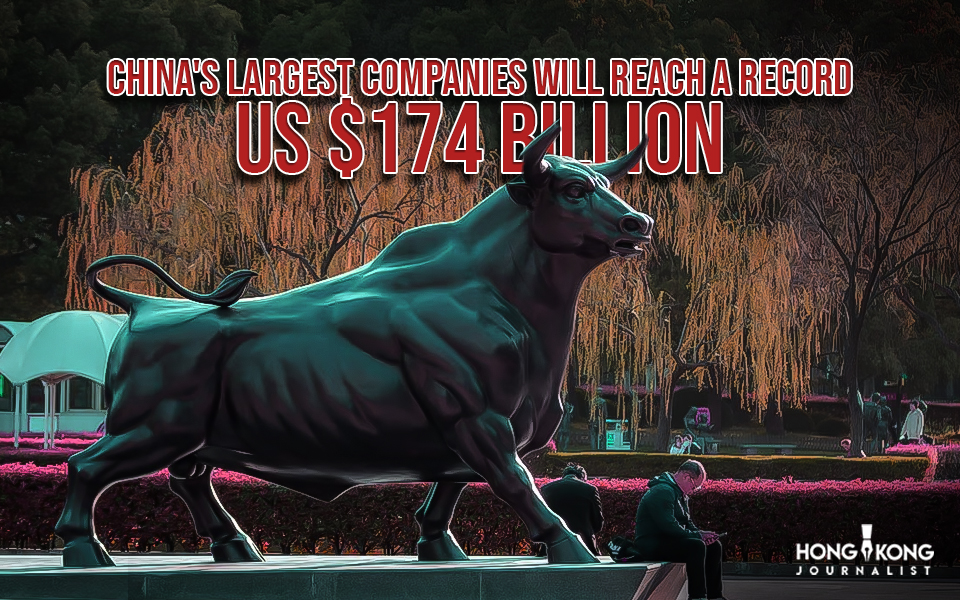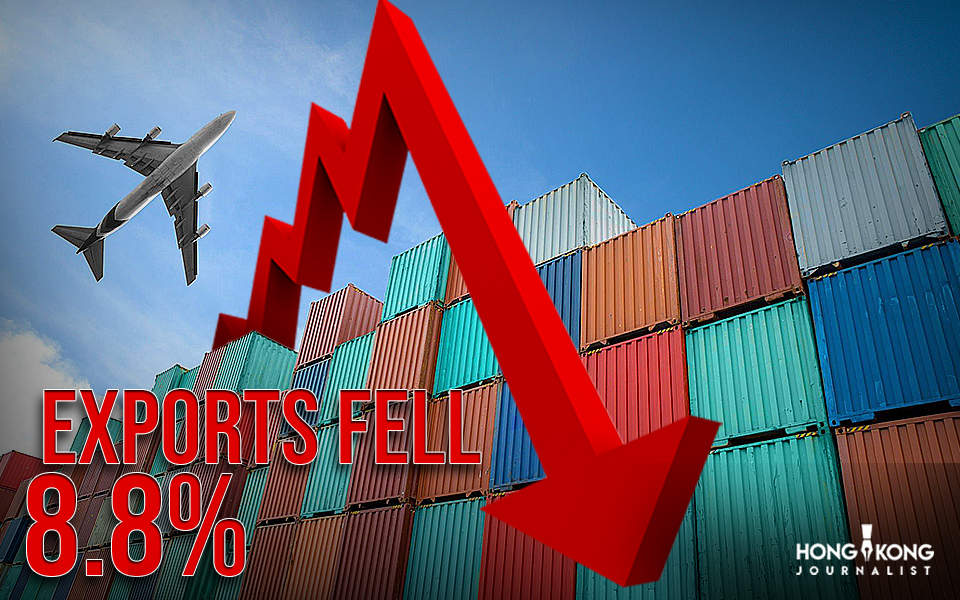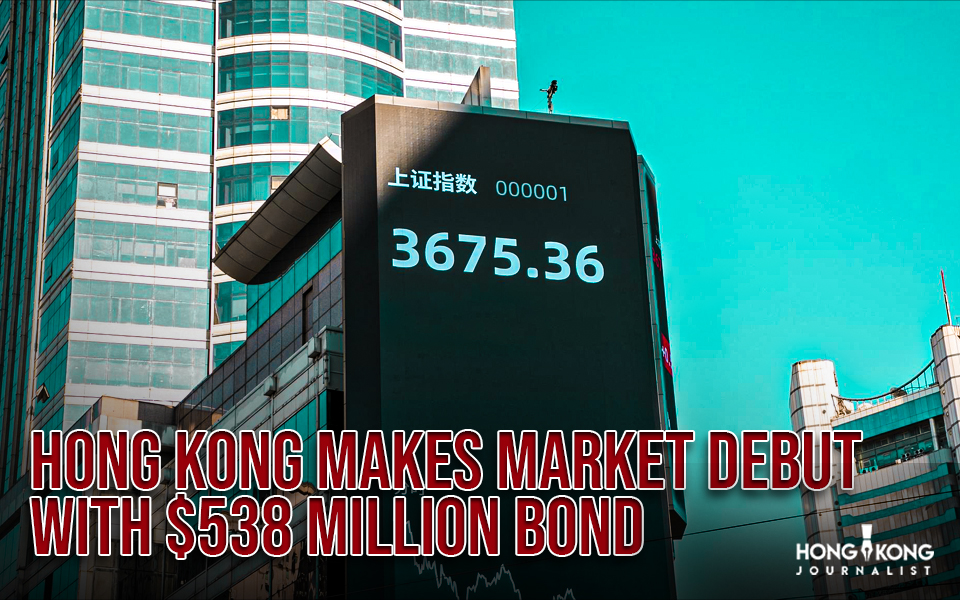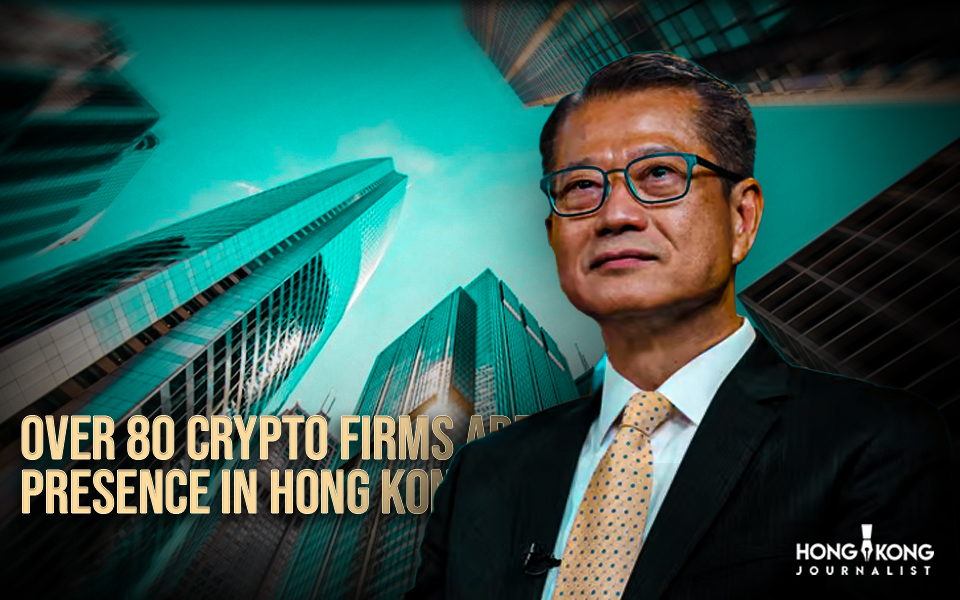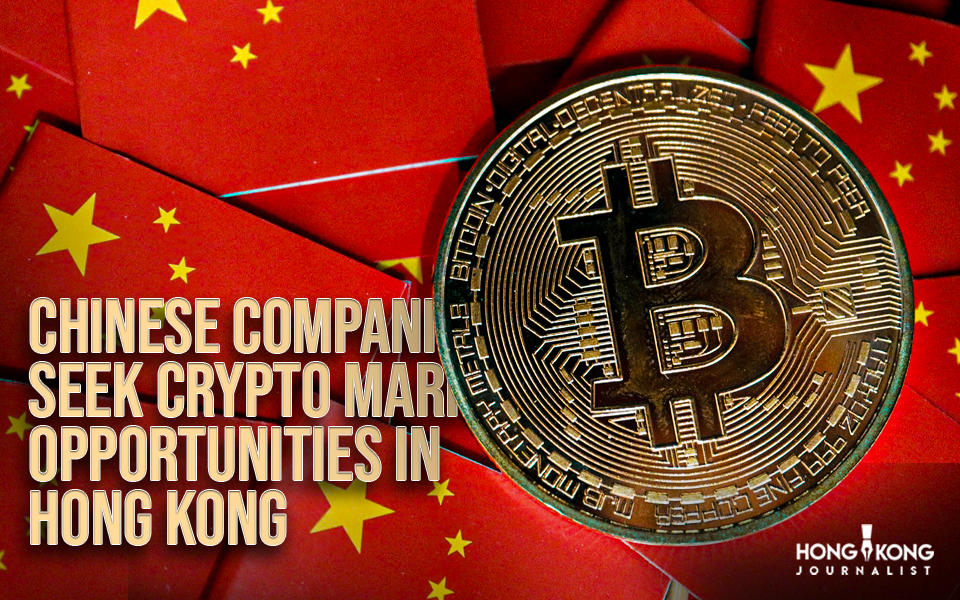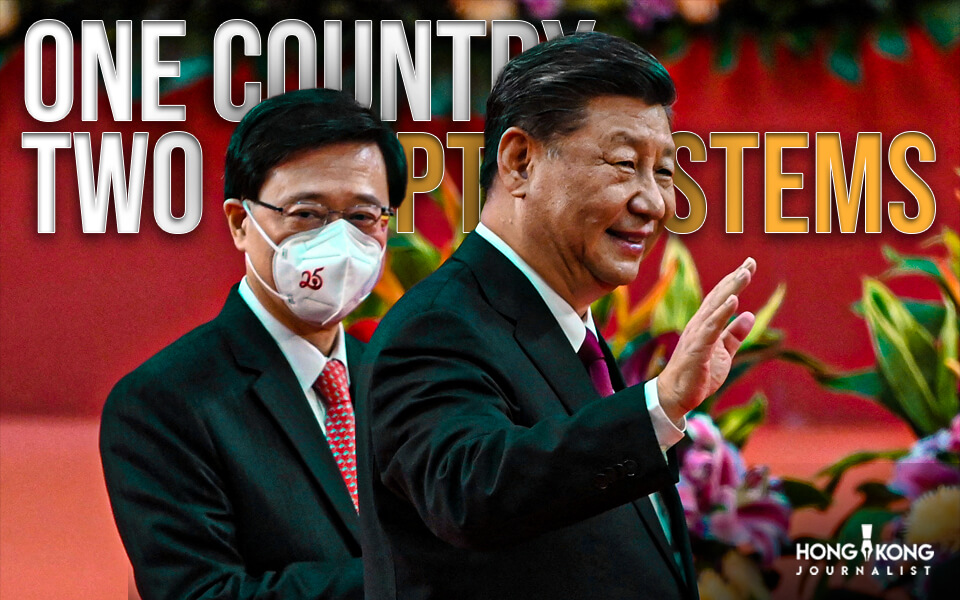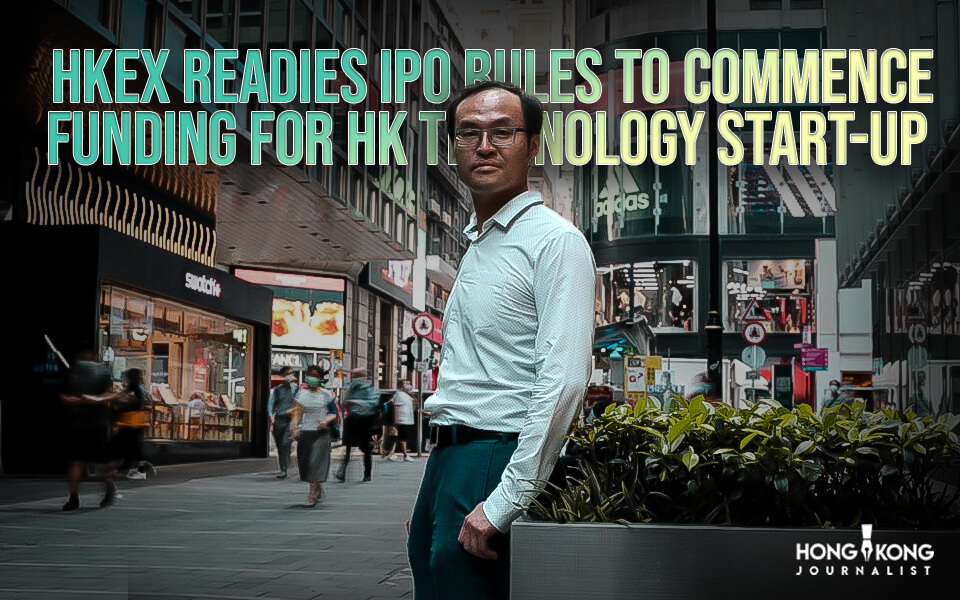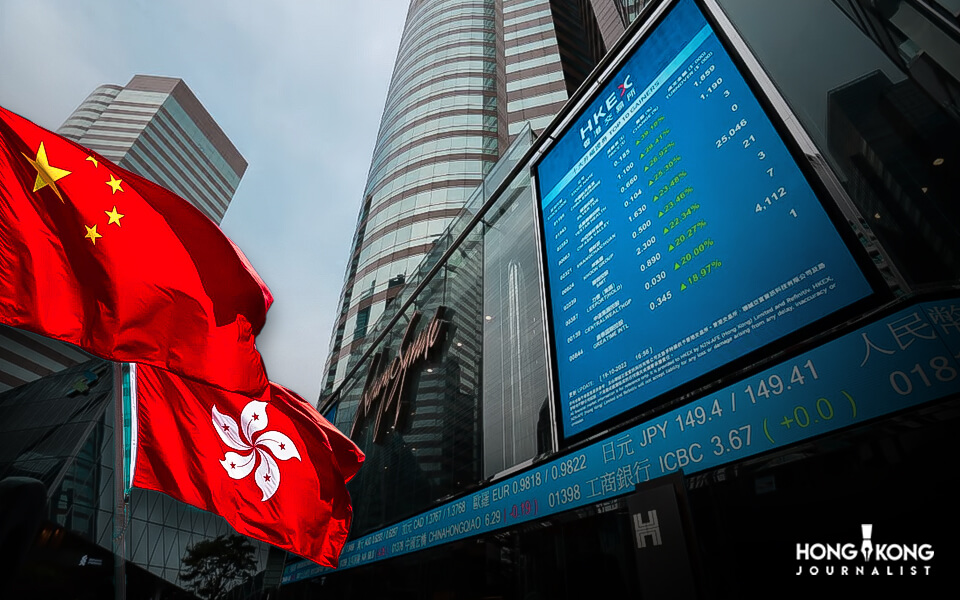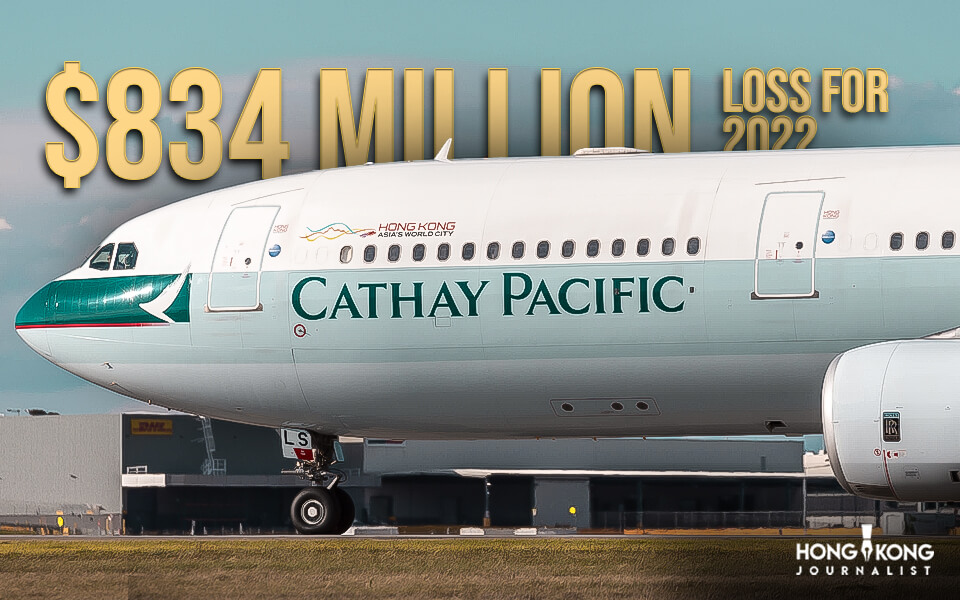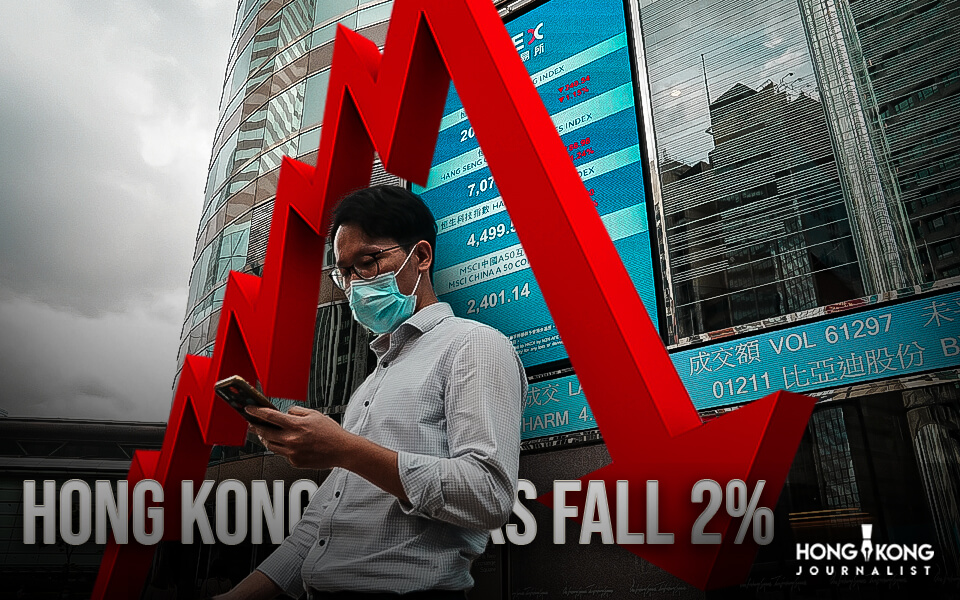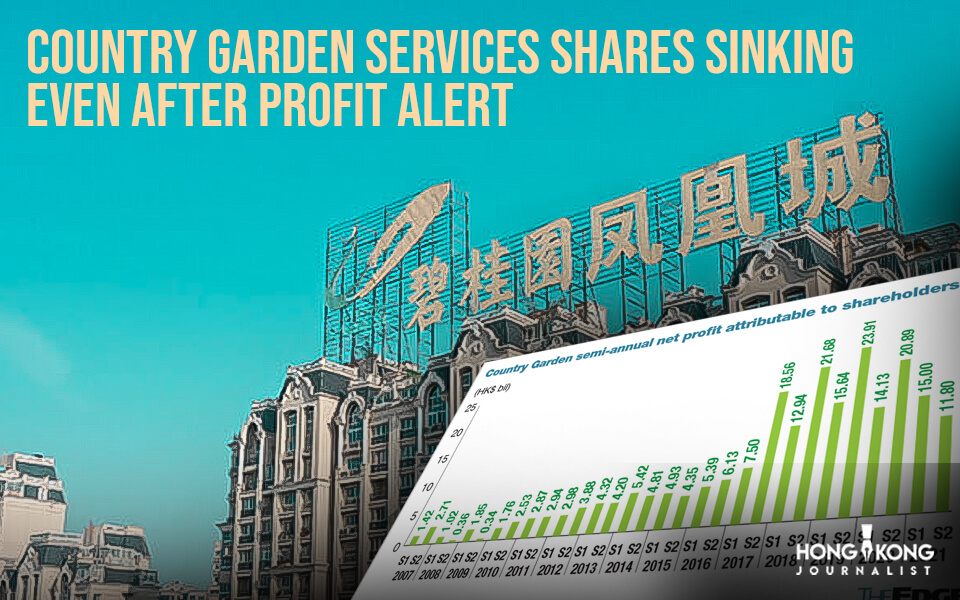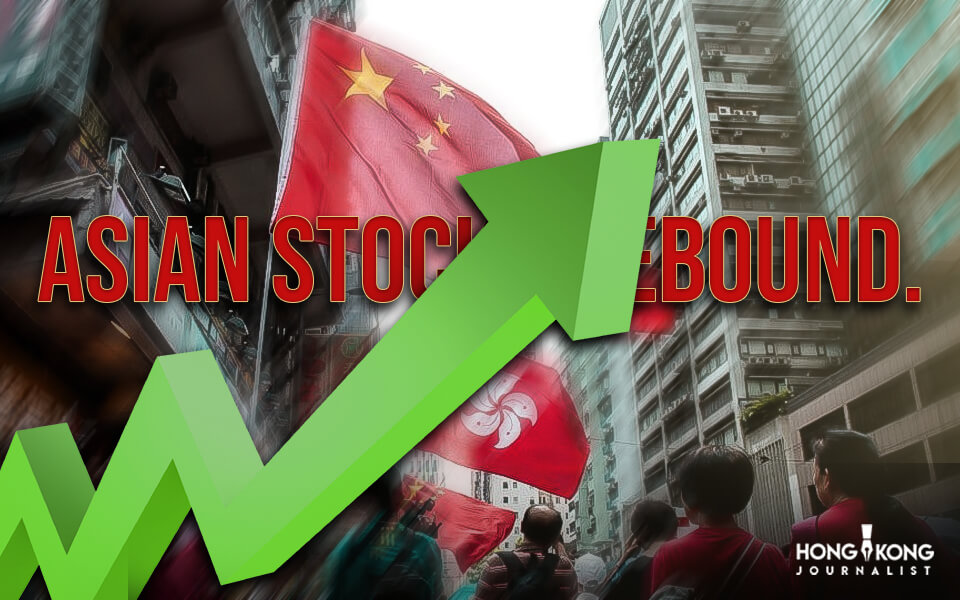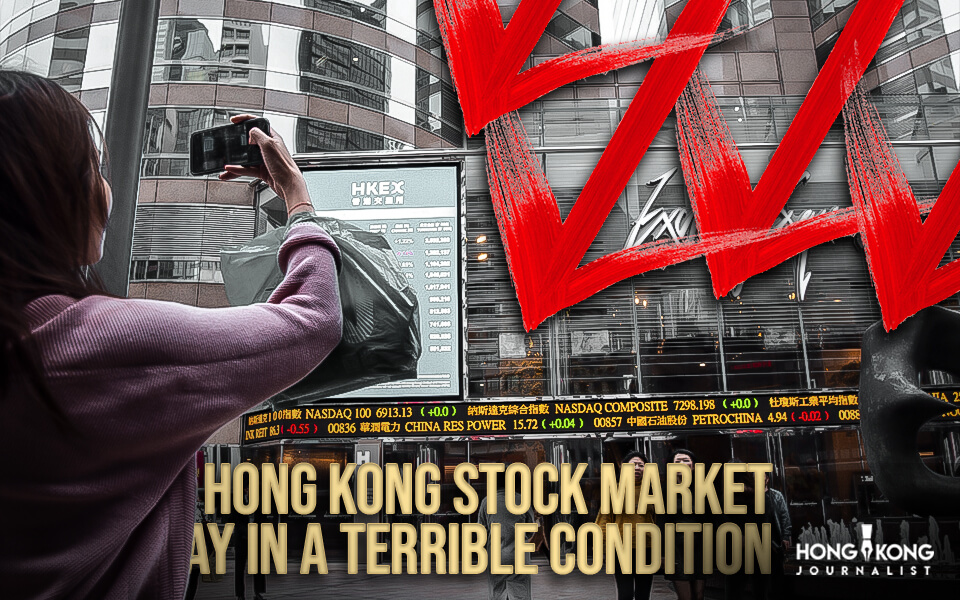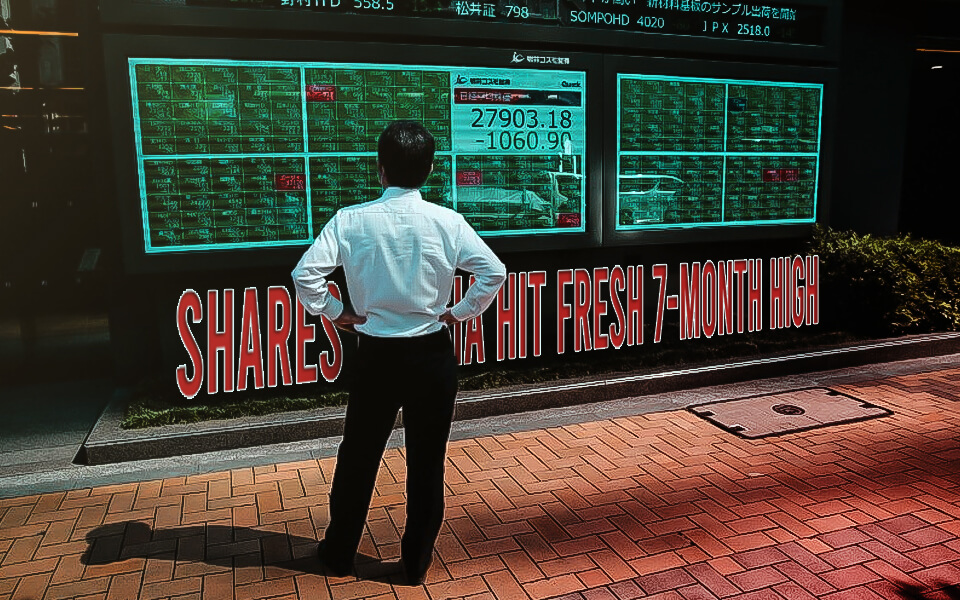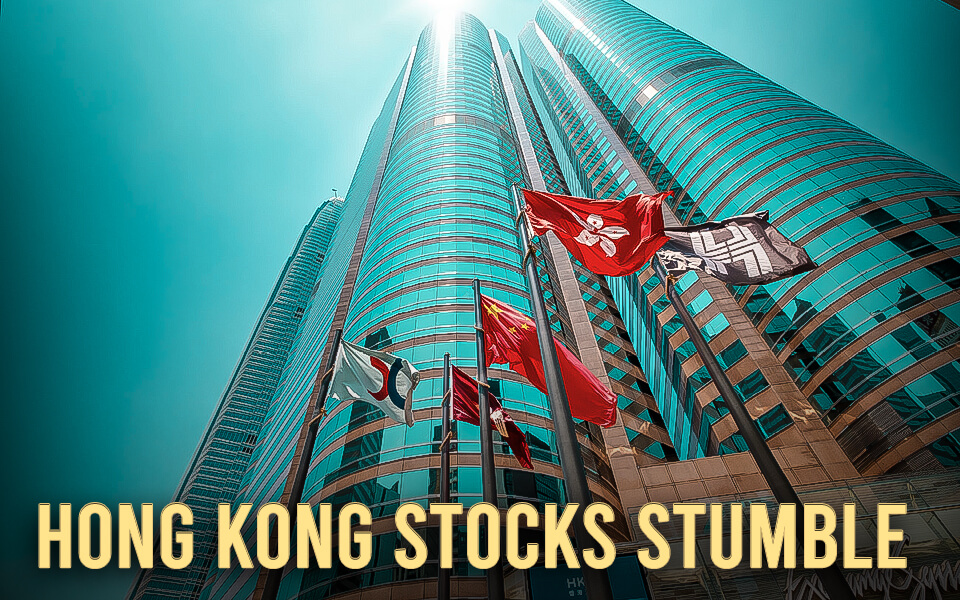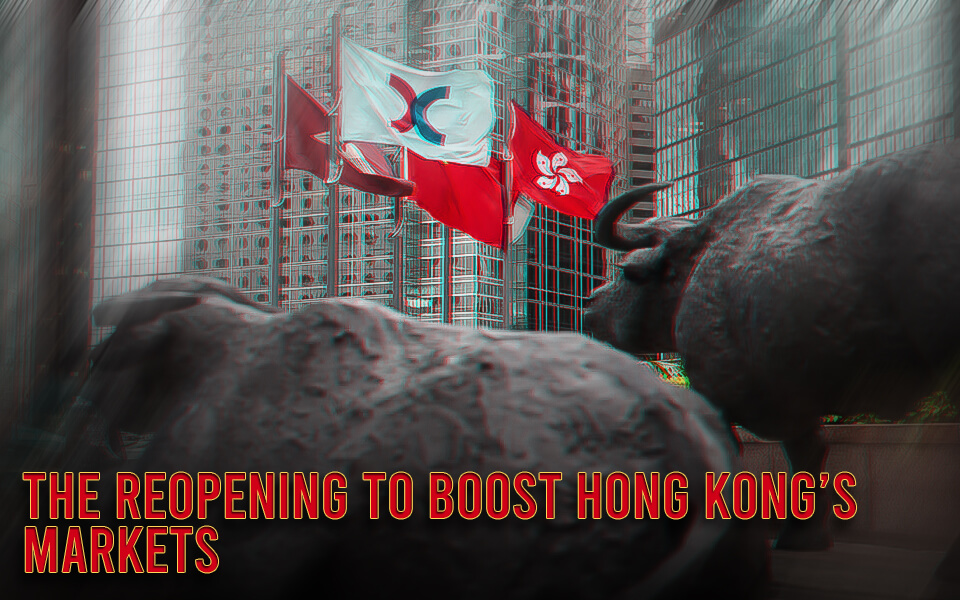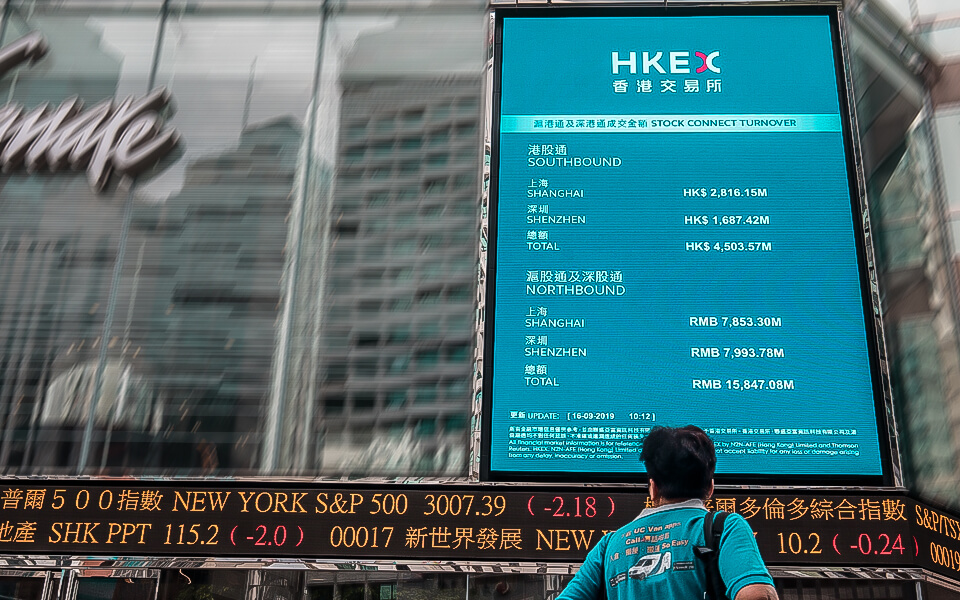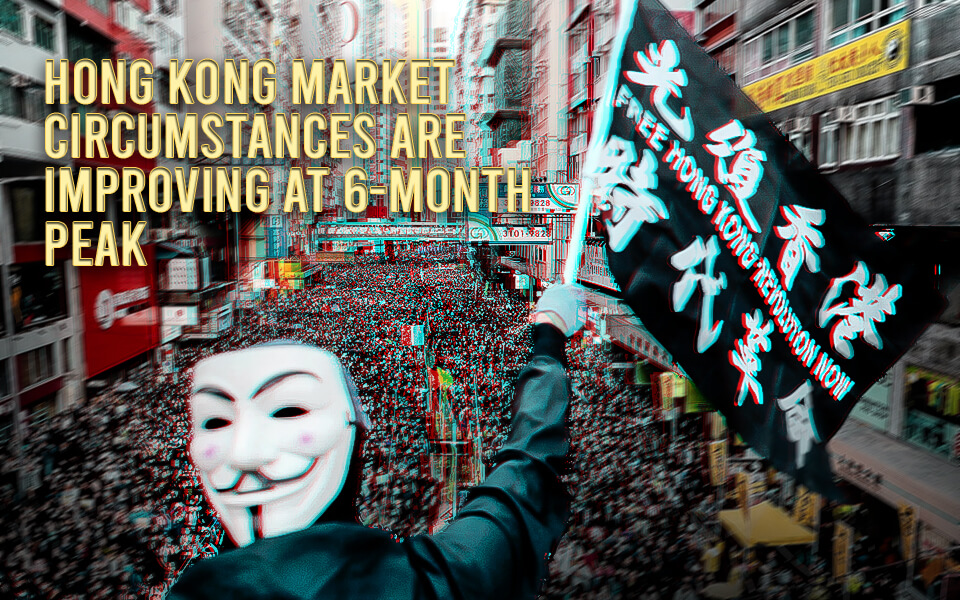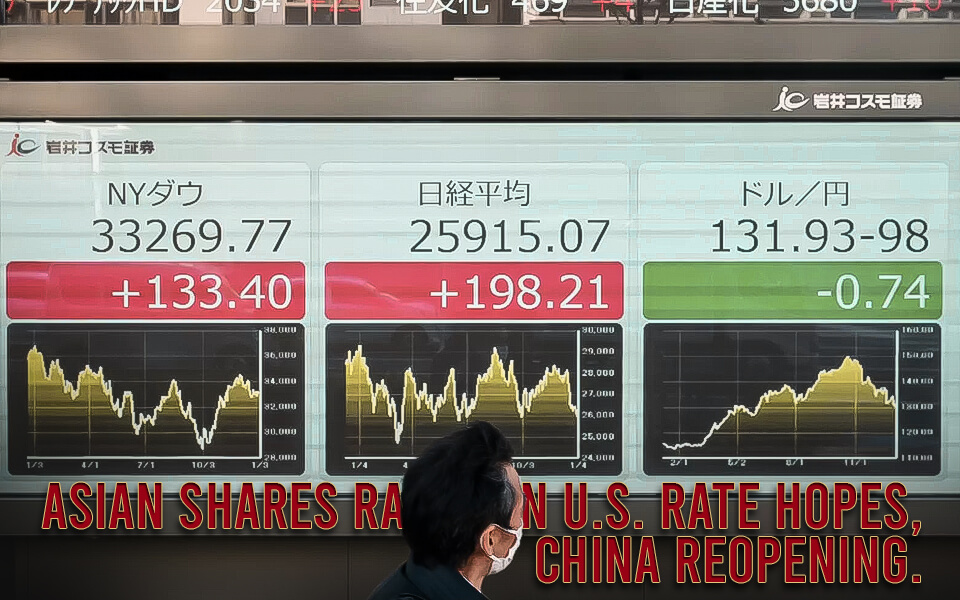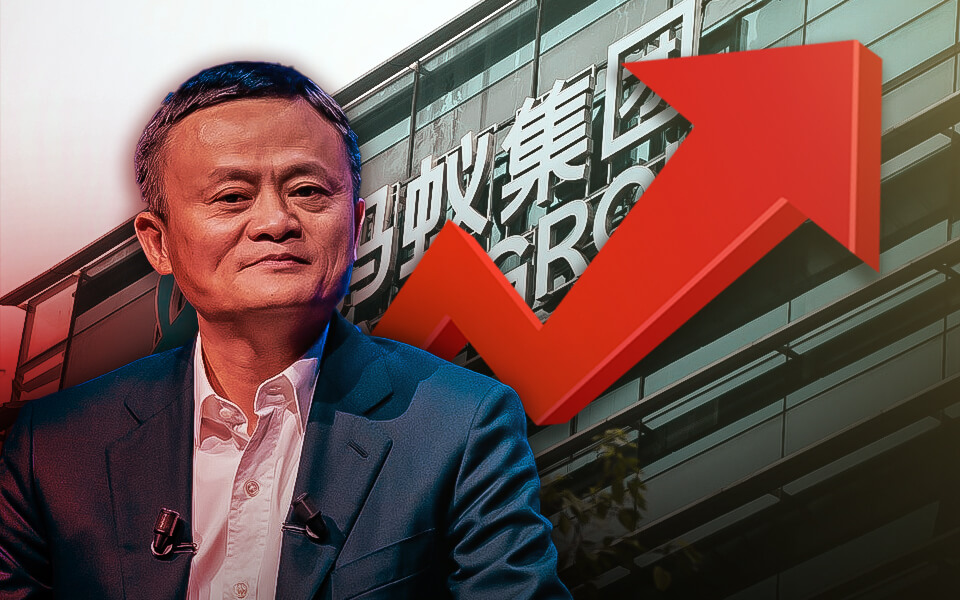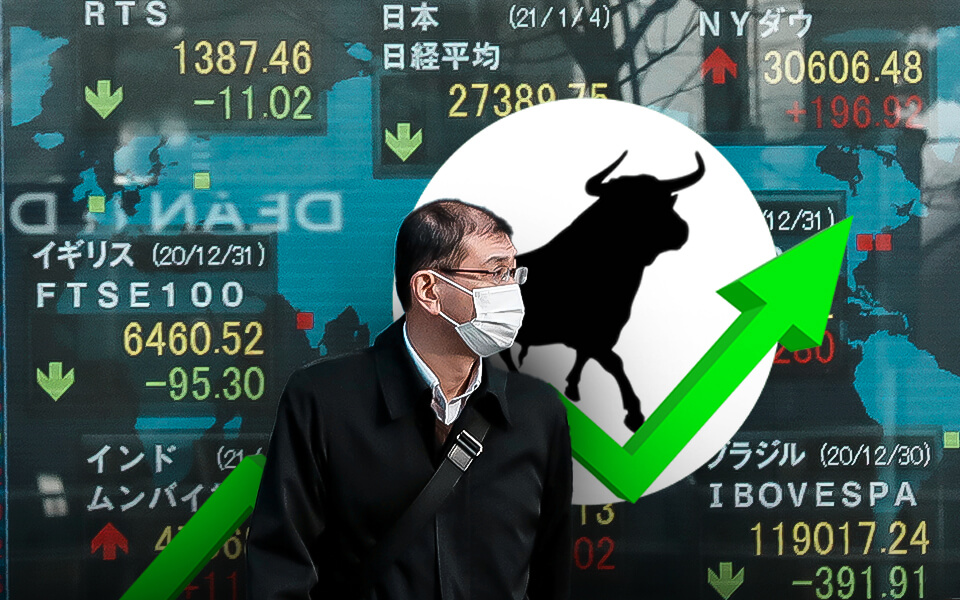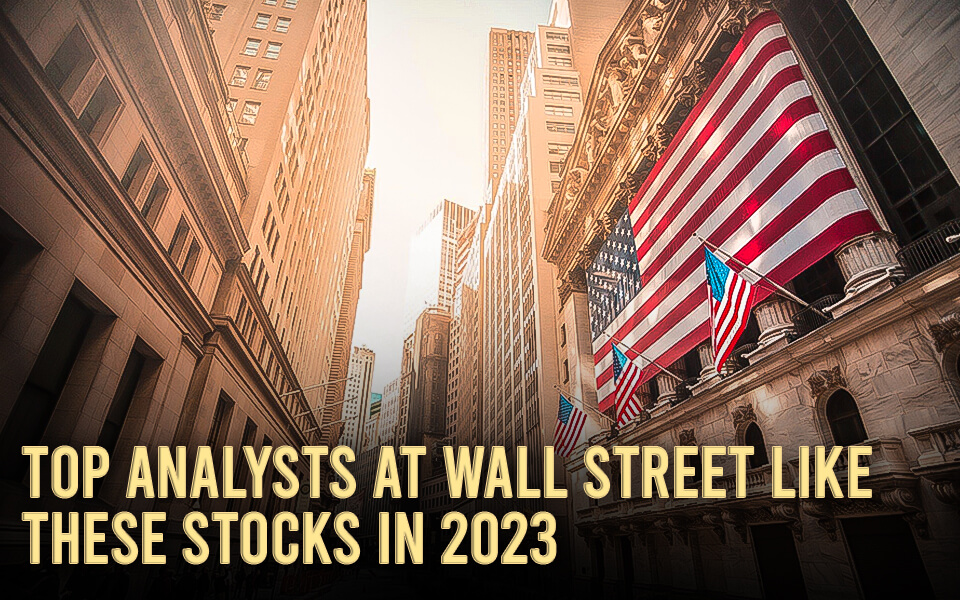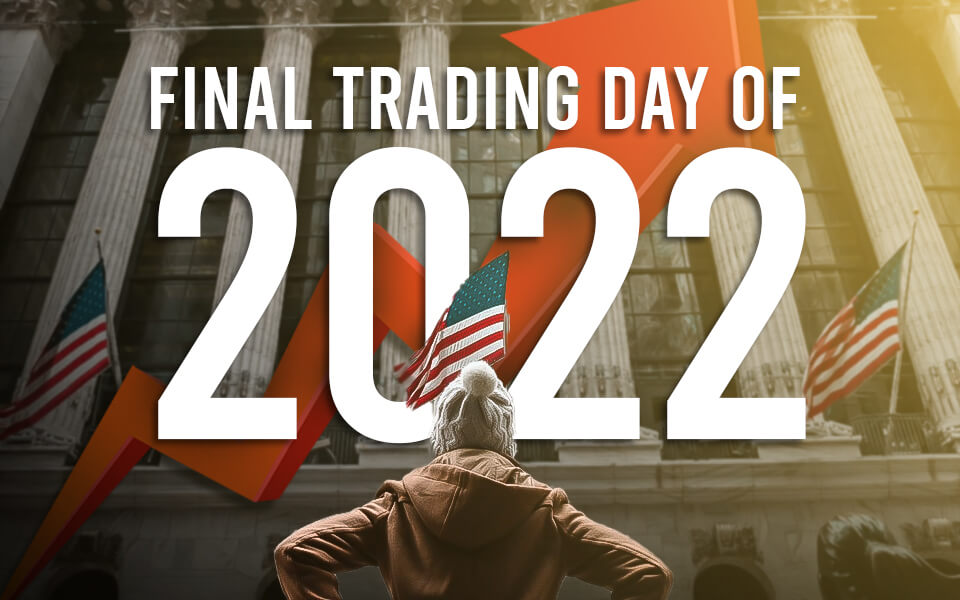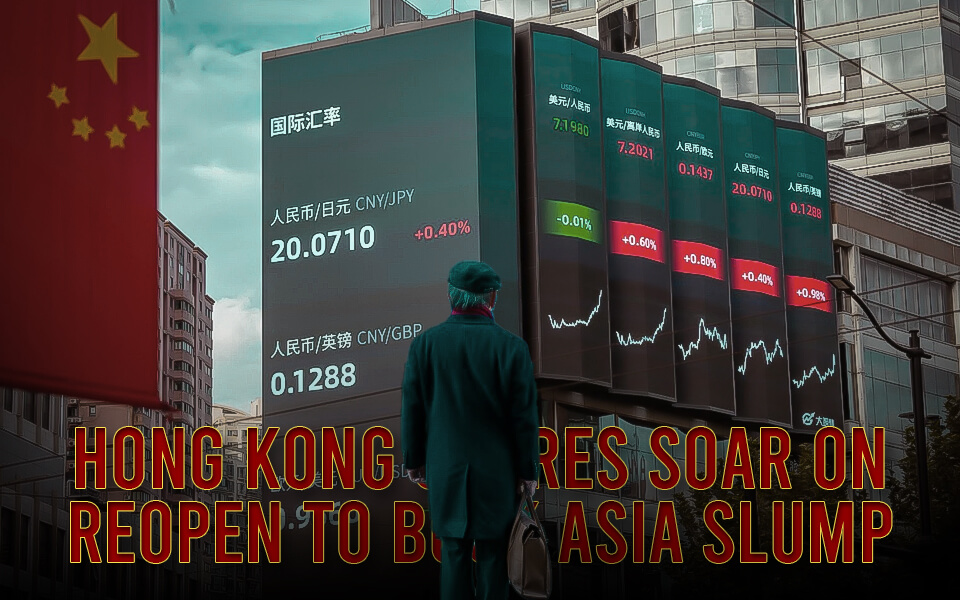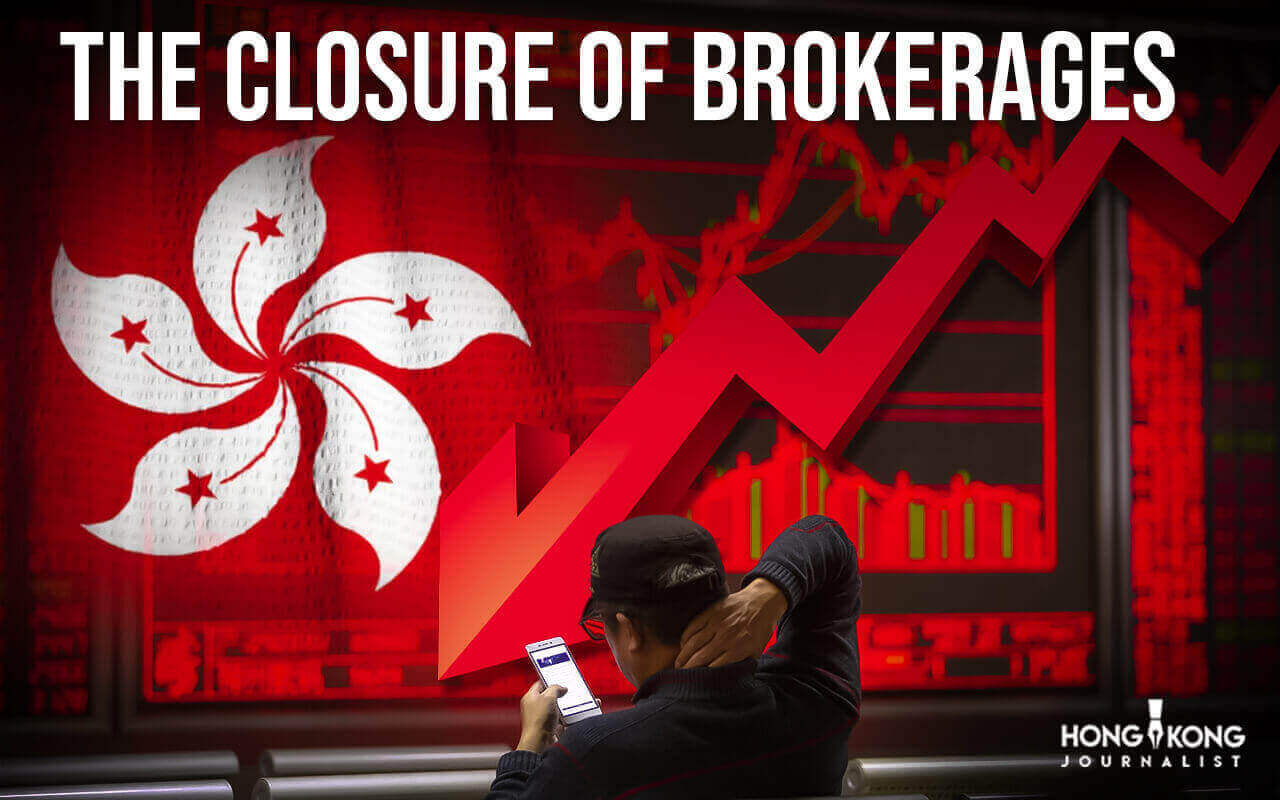
The $4.6 trillion Hong Kong stock market is experiencing a historic decline, which is having an impact on the city’s financial sector.
Hong Kong stock exchange data shows that thirty local brokerages have shuttered this year, following a record 49 closures in 2022. This occurs along with Wall Street banks firing dealmakers because of a decline in IPOs.
This week saw the Hang Seng Index hit a one-year low, putting it on course for a fourth year of losses—the longest losing run in the gauge’s history. The IPO market is experiencing its worst year since 2001, and the average daily turnover is down 14% from the five-year average.
In the wake of Beijing’s implementation of national security laws and Hong Kong’s severe business controls, concerns about the city’s future as Asia’s leading international financial hub are being raised by the extended downturn and the job losses.
“This wave of shutdowns and layoffs at brokerages is the worst I’ve ever seen,” said Edmond Hui, chief executive officer of Hong Kong-based brokerage Bright Smart Securities. “The key lies in improving the liquidity of the market. Now everyone is struggling. I simply don’t see any light at the end of the tunnel.”
The majority of the market decline is being felt by small and medium-sized brokerages, whose primary sources of income are trading commissions and margin businesses. Over 72% of local brokers experienced losses in the previous year, and at least a quarter intended to reduce their operations this year, according to a study conducted early this year by the Hong Kong Securities Association.
According to Tony Cheung, an execution consulting specialist at Instinet, Hong Kong stocks have the biggest bid-ask spreads (the price difference between offers to buy and sell equities) in the Asia Pacific markets. He continued, “That means higher trading costs for institutional investors.”
Even though analysts had predicted at the beginning of the year that Chinese stocks would rise if the nation lifted its Covid Zero restrictions, investor mood remained consistently negative. Foreign capital fled due to a property crisis, sluggish consumption, strained US-China relations, and a faltering economy.
According to Qi Wang, chief investment officer of wealth management at UOB Kay Hian, “institutional interest in Hong Kong and China is declining to a new low” due to the lack of liquidity. Over the past two years, a significant portion of the stakes held by international investors in Hong Kong have been sold. China is now viewed by many as “irrelevant” from a global portfolio perspective.”
A lack of transactions is exacerbating the perception of a troubled market. With $5.1 billion in IPOs, this year is expected to be the worst for Hong Kong debuts since 2001, right after the dotcom bubble burst. That is 84% less than the $31 billion average over the previous ten years and a small portion of the $52 billion raised three years ago.
Hong Kong bankers are anxious as deals slump, and they have a lot of free time.
Alibaba Group Holding Ltd. surprised investors just last month when it announced that it was abandoning ambitions to spin up and sell its $11 billion cloud division. The company announced that it is also delaying a listing for the well-known grocery startup Freshippo. It attributed the reversal to US limitations on chip sales to China.
As a result, banks are making cuts. Wall Street firms, such as Morgan Stanley and Goldman Sachs Group Inc., have carried out many rounds of layoffs in Hong Kong during the past year. About two dozen investment bankers in Asia, mostly with a focus on China and based in Hong Kong, including several managing directors, were laid off by UBS Group AG, according to a story published by Bloomberg News in October.
This hiring market in 2023 is probably the toughest hiring market I would say since the global financial crisis,” said John Mullally, a Hong Kong-based managing director at recruiting firm Robert Walters, referring to the local financial services industry in general. “In 2024, I think there will be more cuts.”
Hong Kong is becoming an also-ran due to the protracted decline, especially in a year when worldwide financial markets have gained. For the first time since 2009, the size difference between Hong Kong’s and Japan’s stock markets is currently $1.5 trillion. The Topix has increased by 23% so far this year, while the Hang Seng Index has decreased by 17%. India, which is only $518 billion less—roughly the smallest discount on record based on statistics going back two decades—is another potential rival for Hong Kong.
The administration of Hong Kong has moved to halt the decline and promote trade. This entails efforts to guarantee that markets remain open during extreme weather, like a typhoon, as well as reversing a 2021 stamp duty boost on stock trades.
However, because the local currency is pegged to the US dollar, local leaders have little control over the city’s high borrowing costs, which follow US decisions, or the fragility of the economy in mainland China.
Chi Lo, an investment strategist for Asia Pacific at BNP Paribas Asset Management, stated that the removal of stamp duty is merely a cosmetic adjustment. He continued, saying Beijing must implement more aggressive easing and the US should go from tightening to loosening its monetary policy in order to revitalise Hong Kong’s stock market.
The expectations of Wall Street banks about Chinese stocks are being reduced. Due to weak profit growth, Goldman Sachs reduced its rating on Chinese companies listed in Hong Kong last month, while Morgan Stanley lowered China to equal-weight in August.
“The length and severity of this cyclical downturn of the Hong Kong market could continue to weigh on its status as a global financial center,” said Vivian Lin Thurston, a portfolio manager at William Blair Investment Management. “Only if and when the macro and underlying corporate fundamentals start to improve, could it see improved performance and increased liquidity.”
- Published By Team Hongkong Journalist

